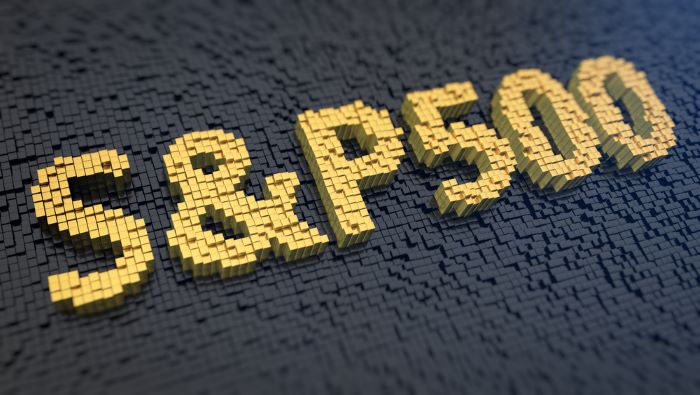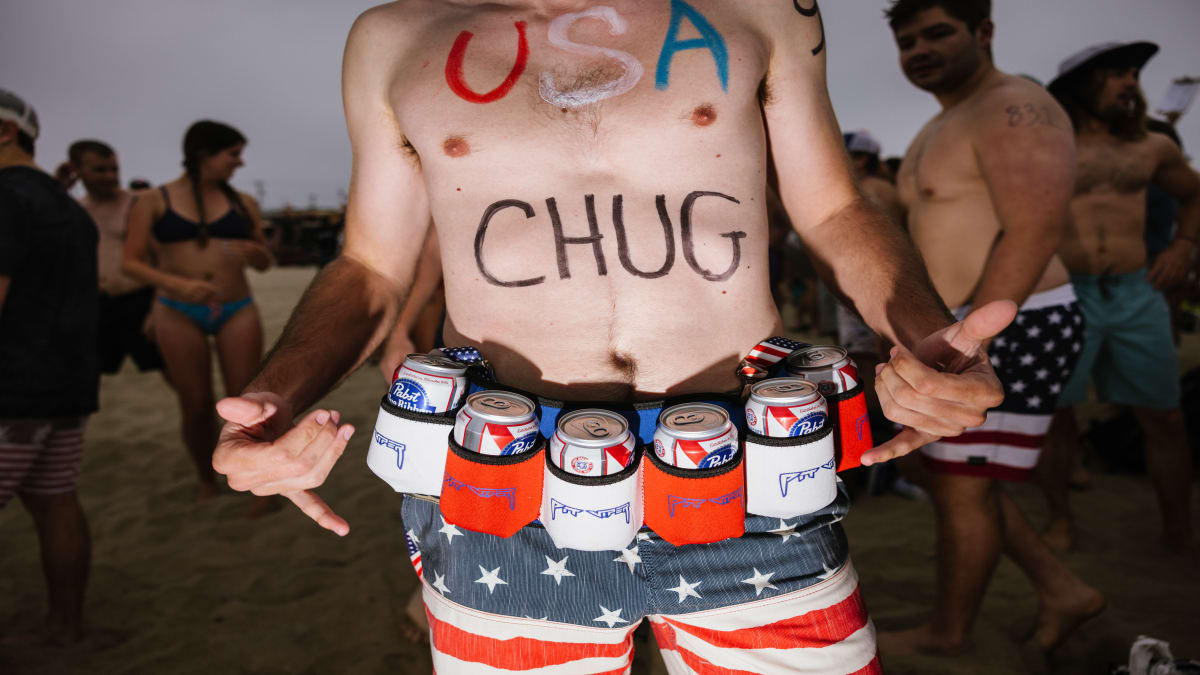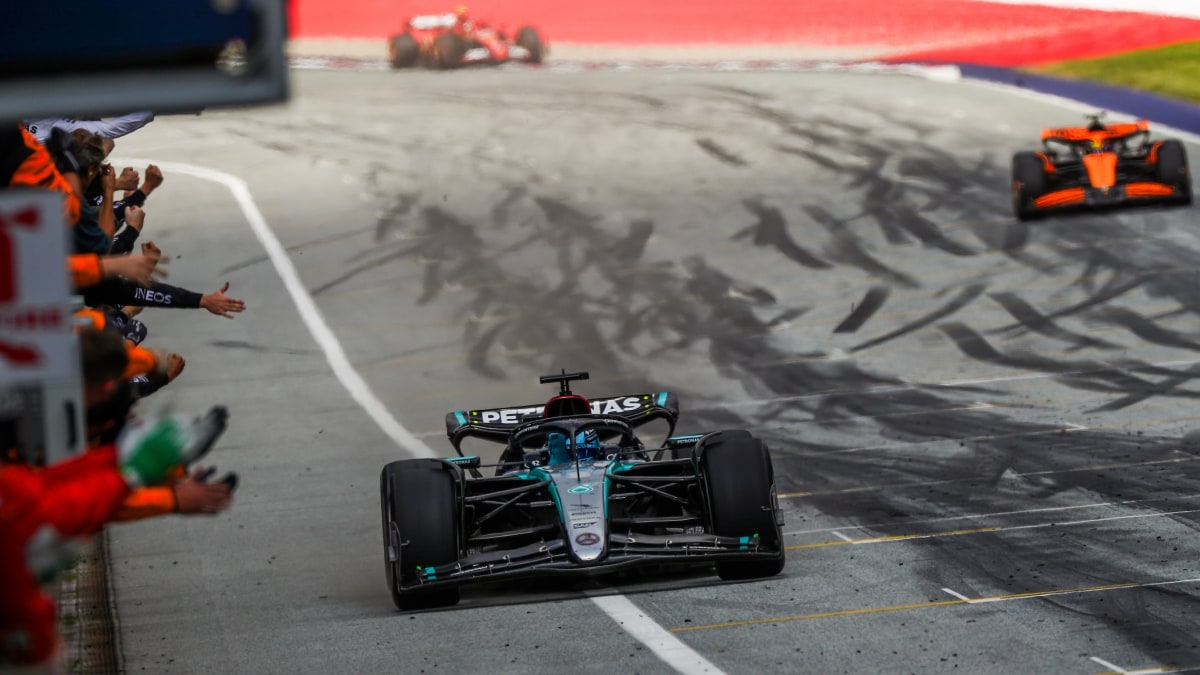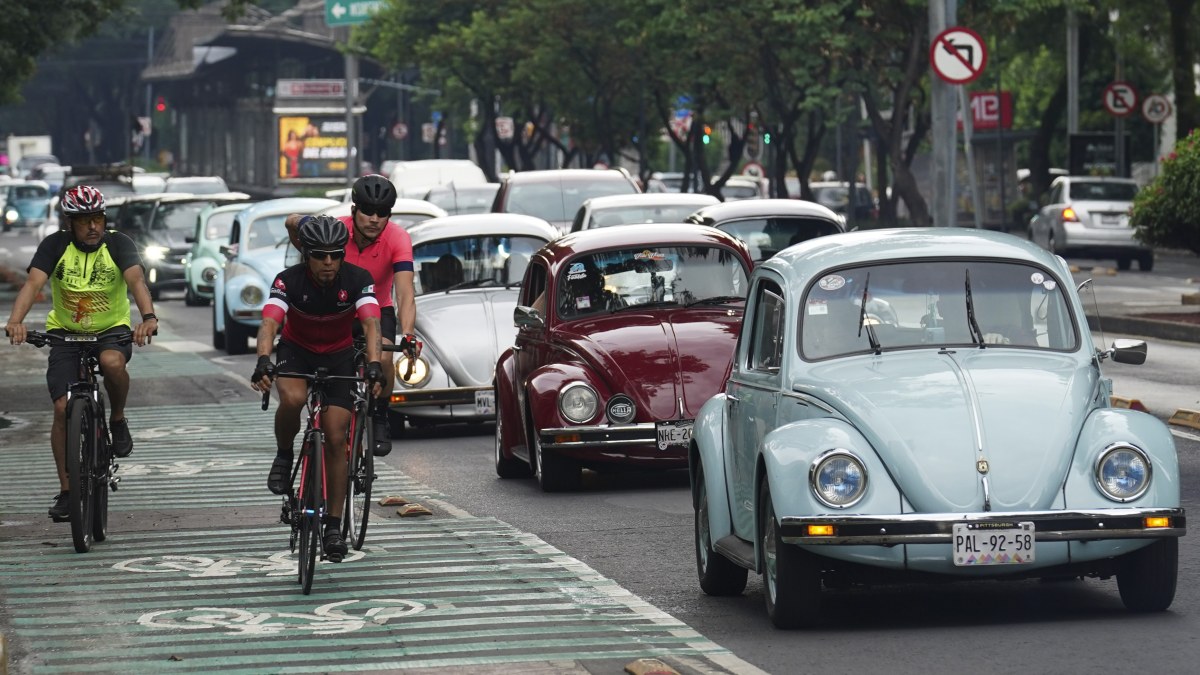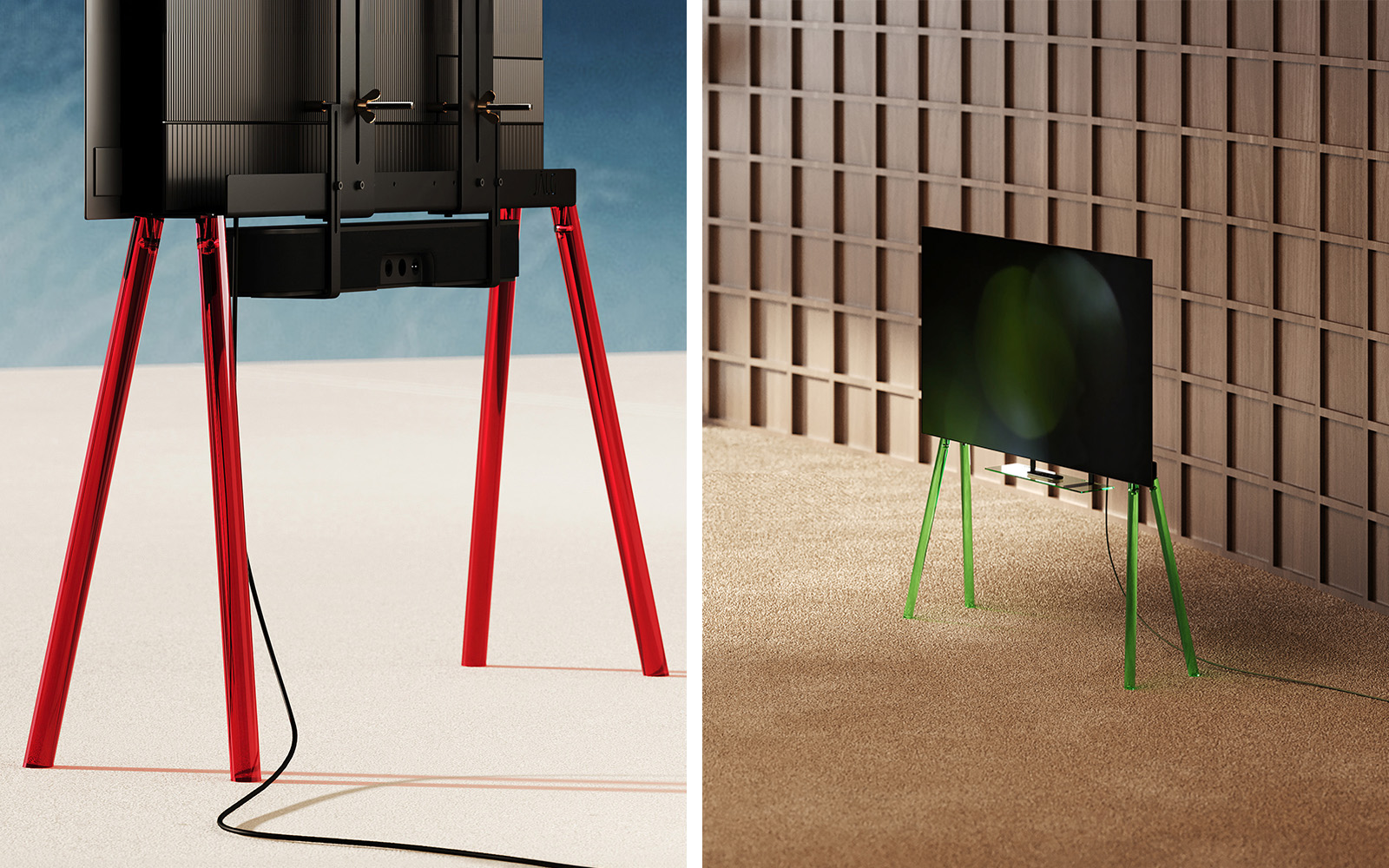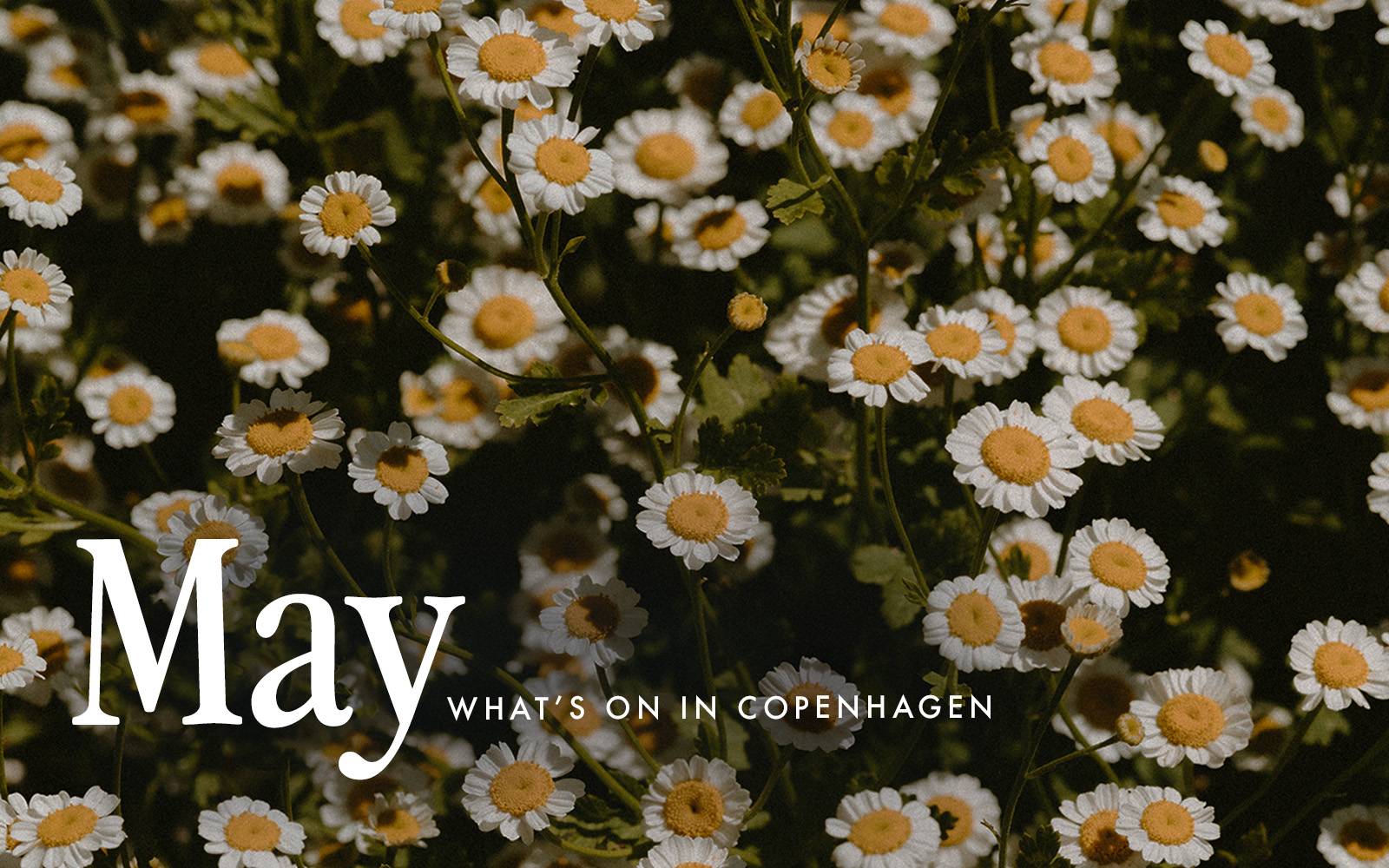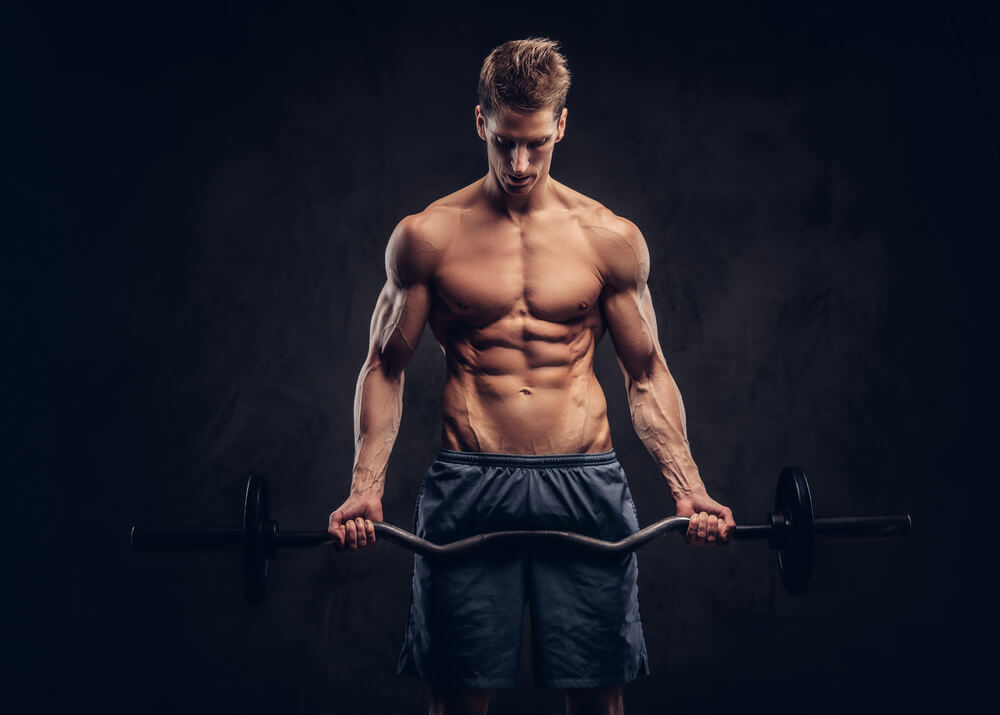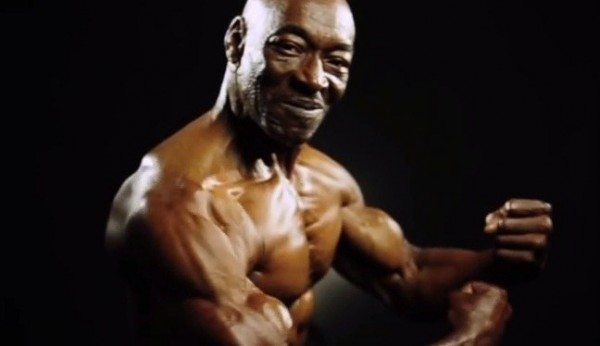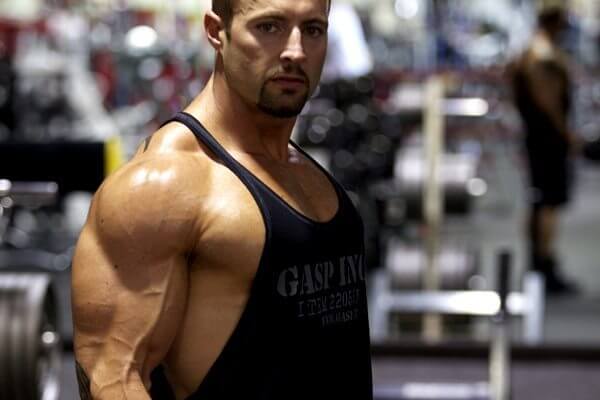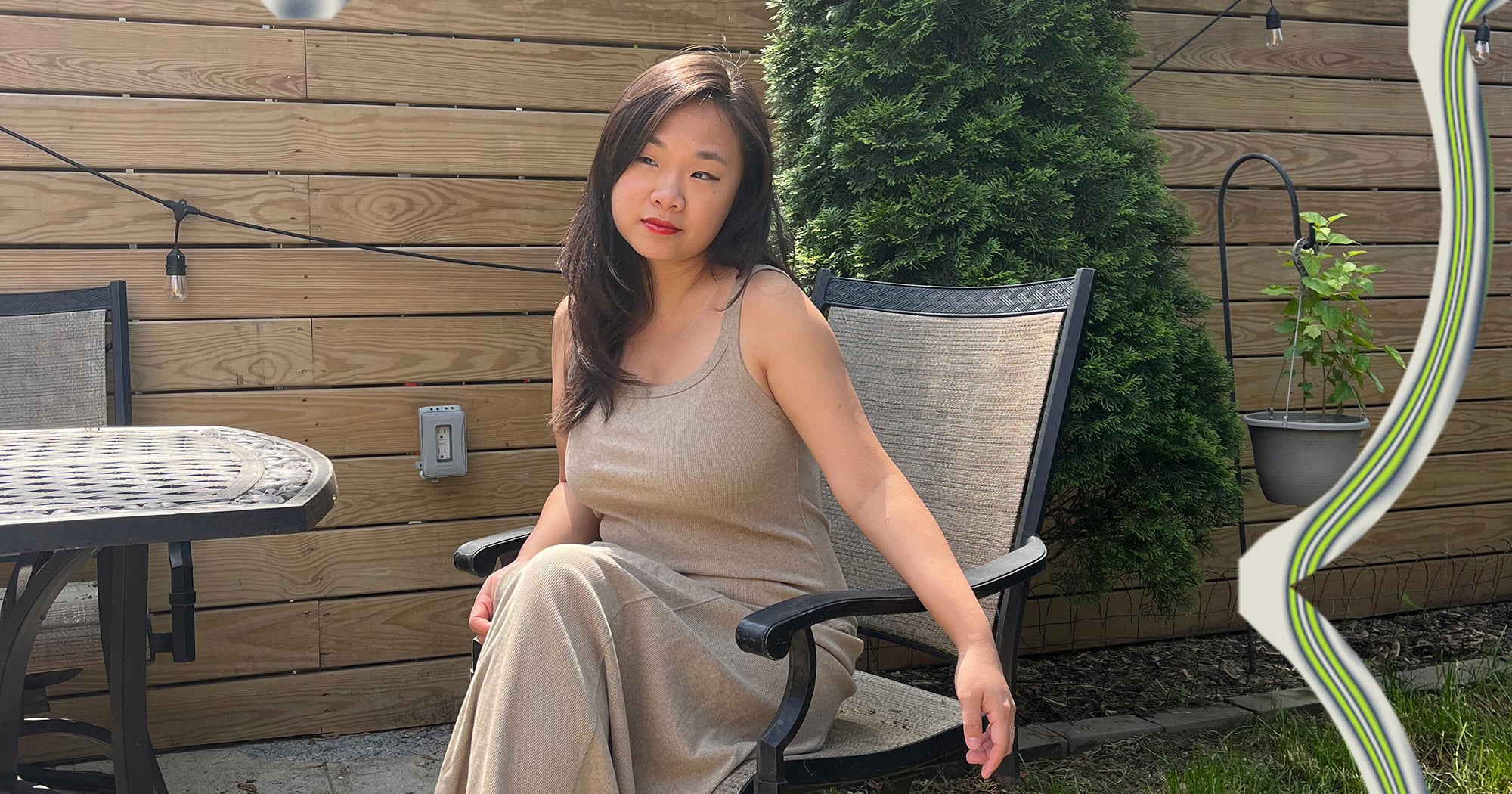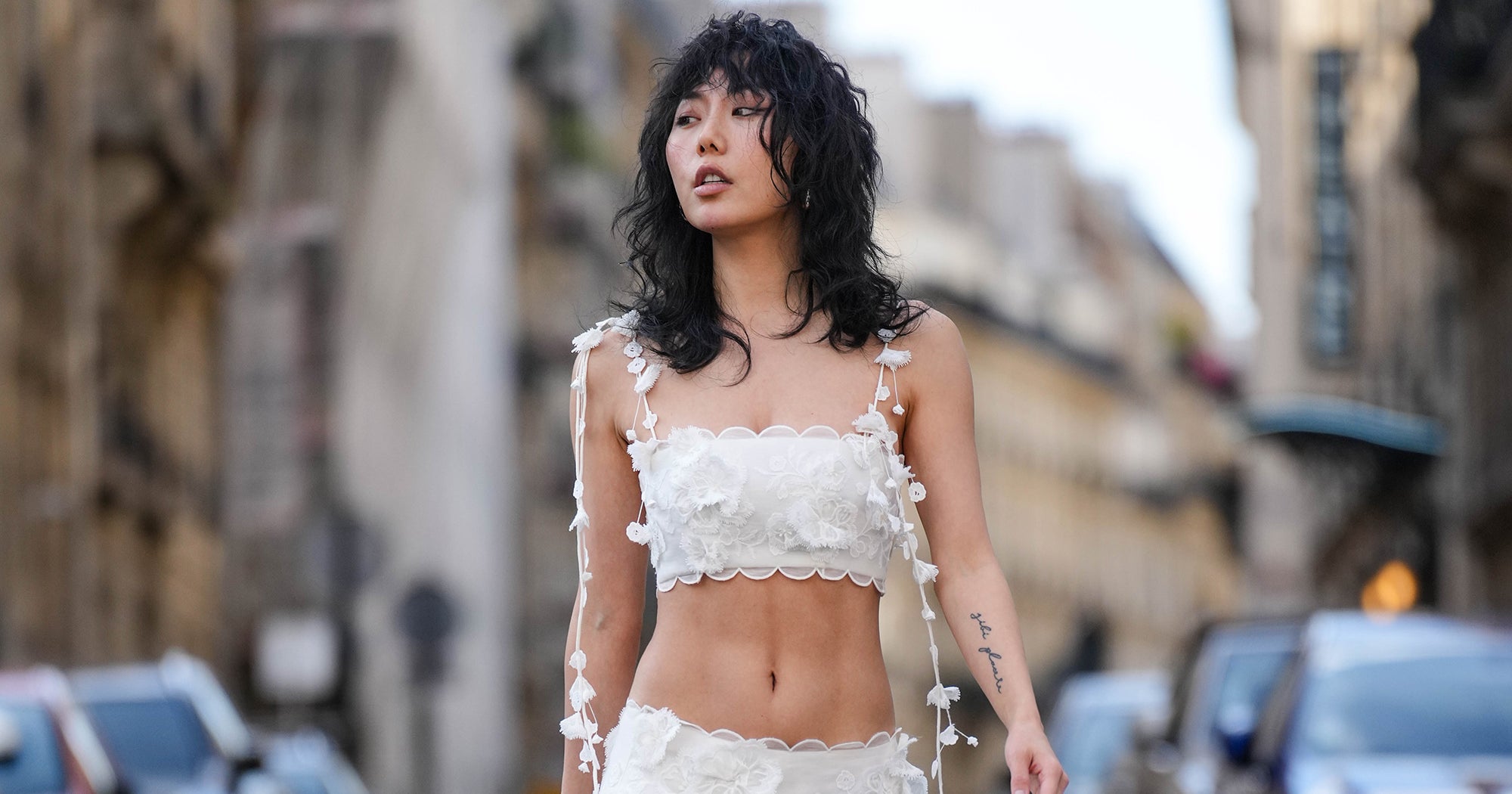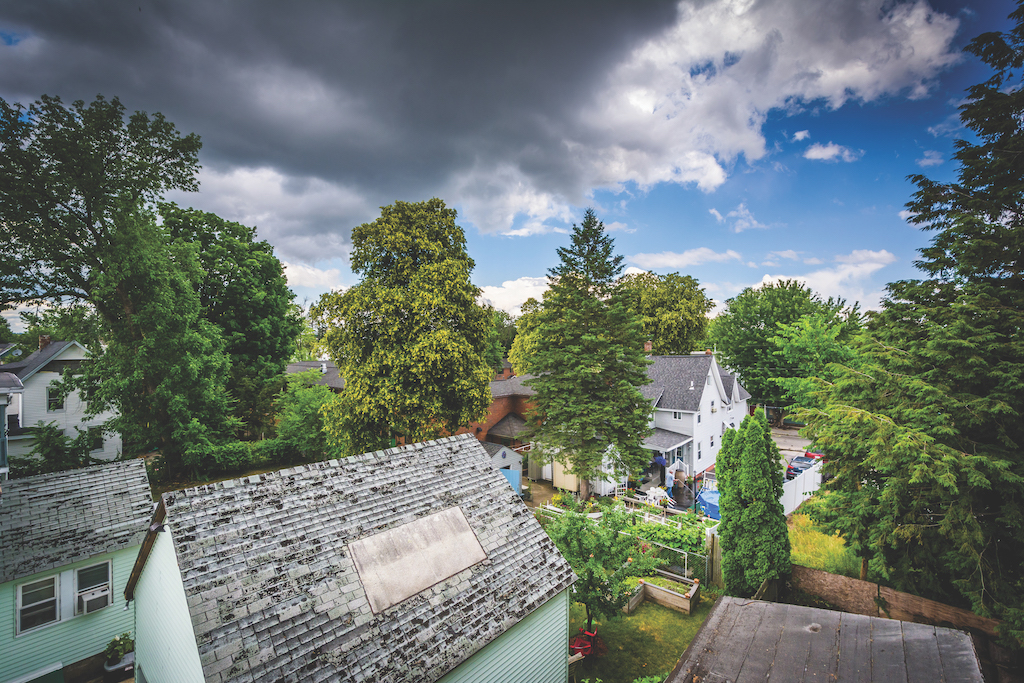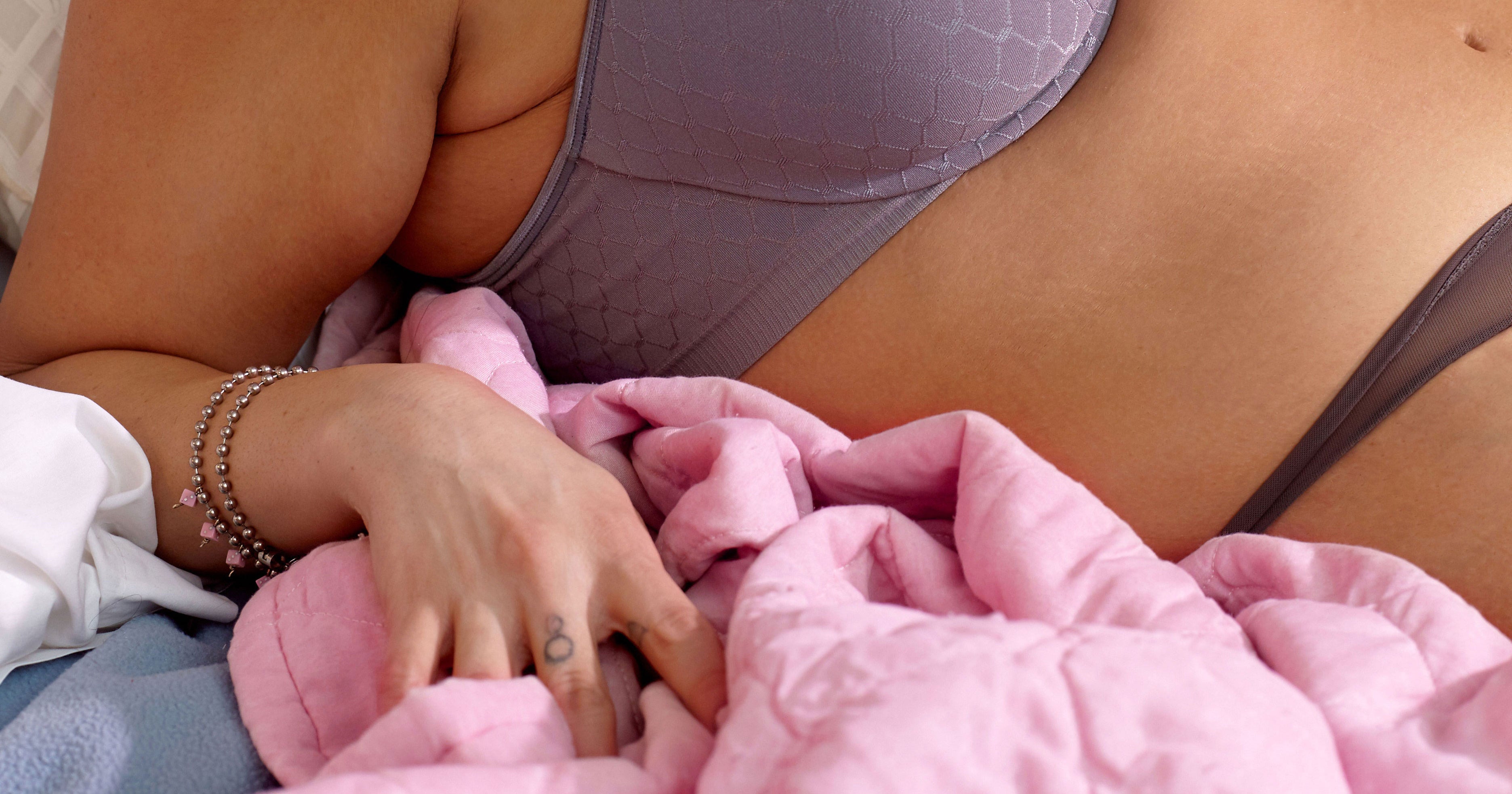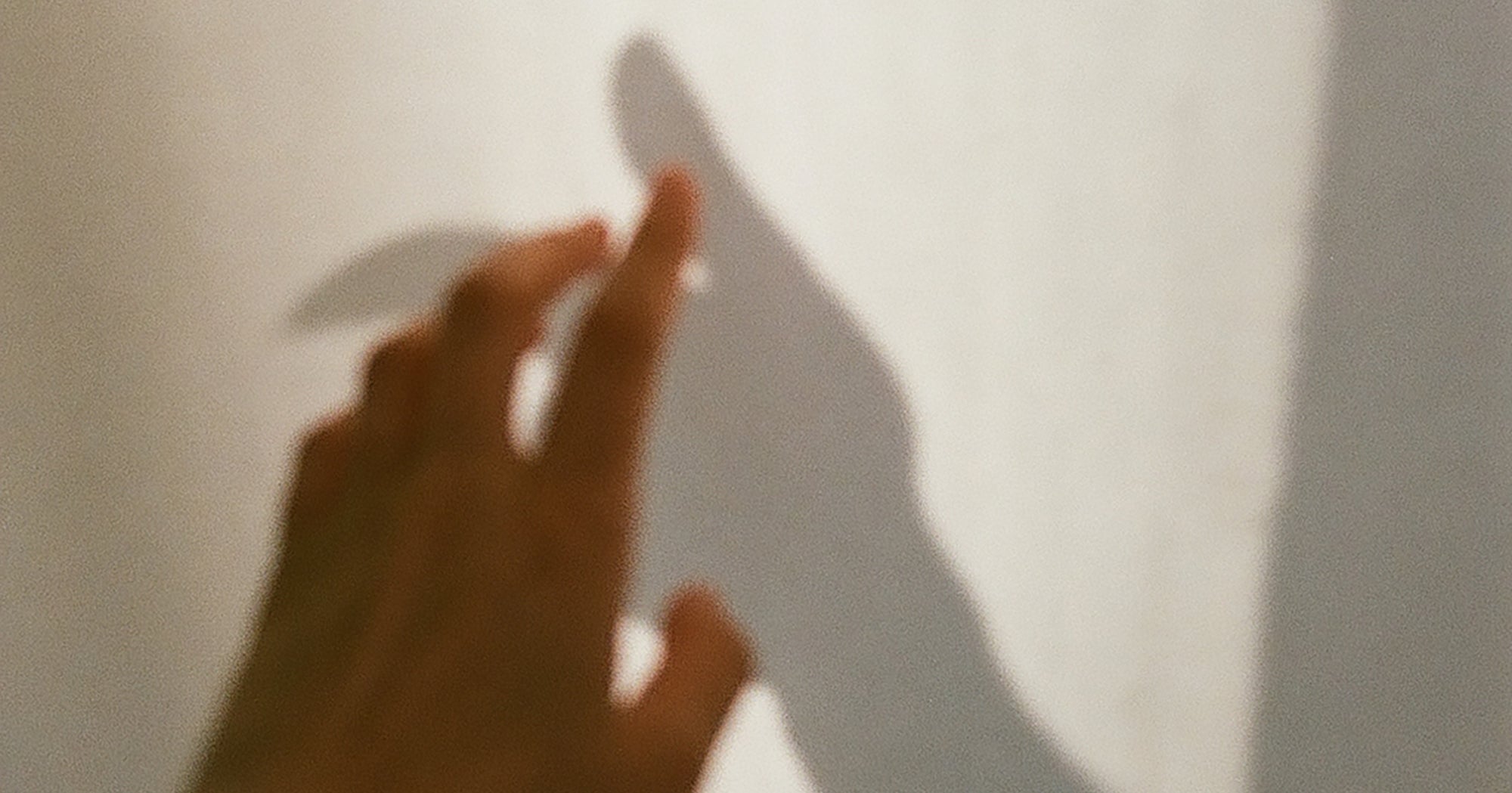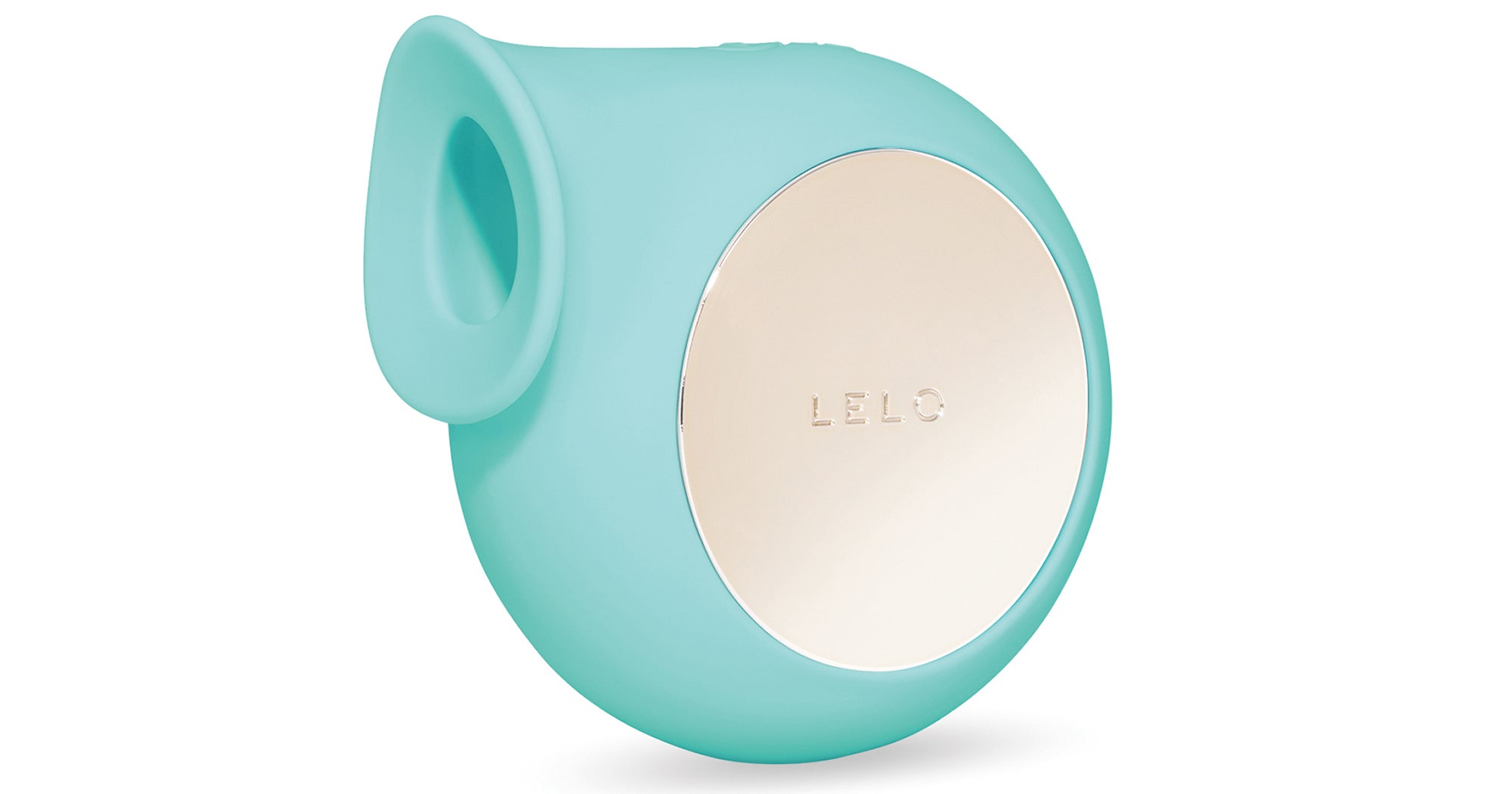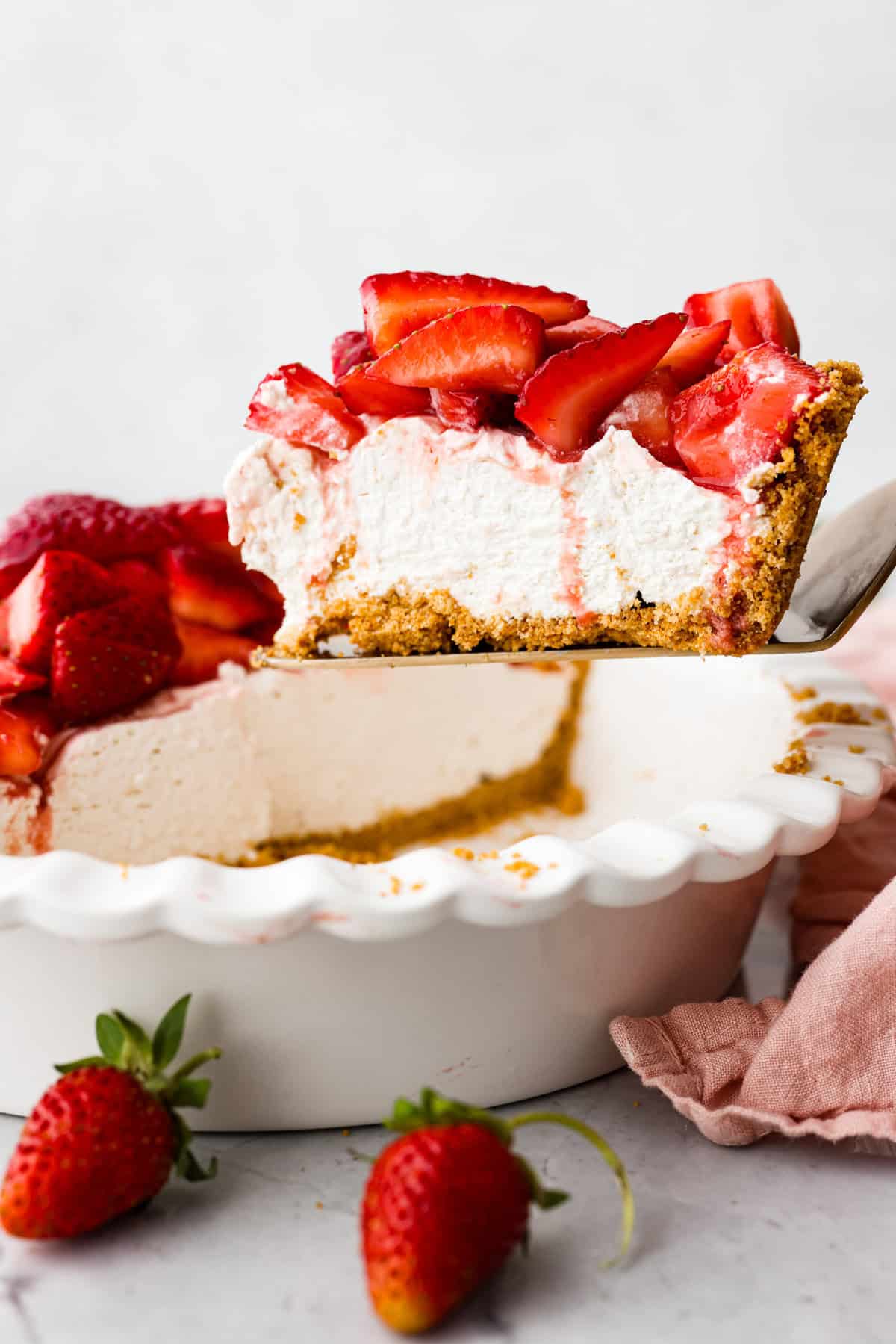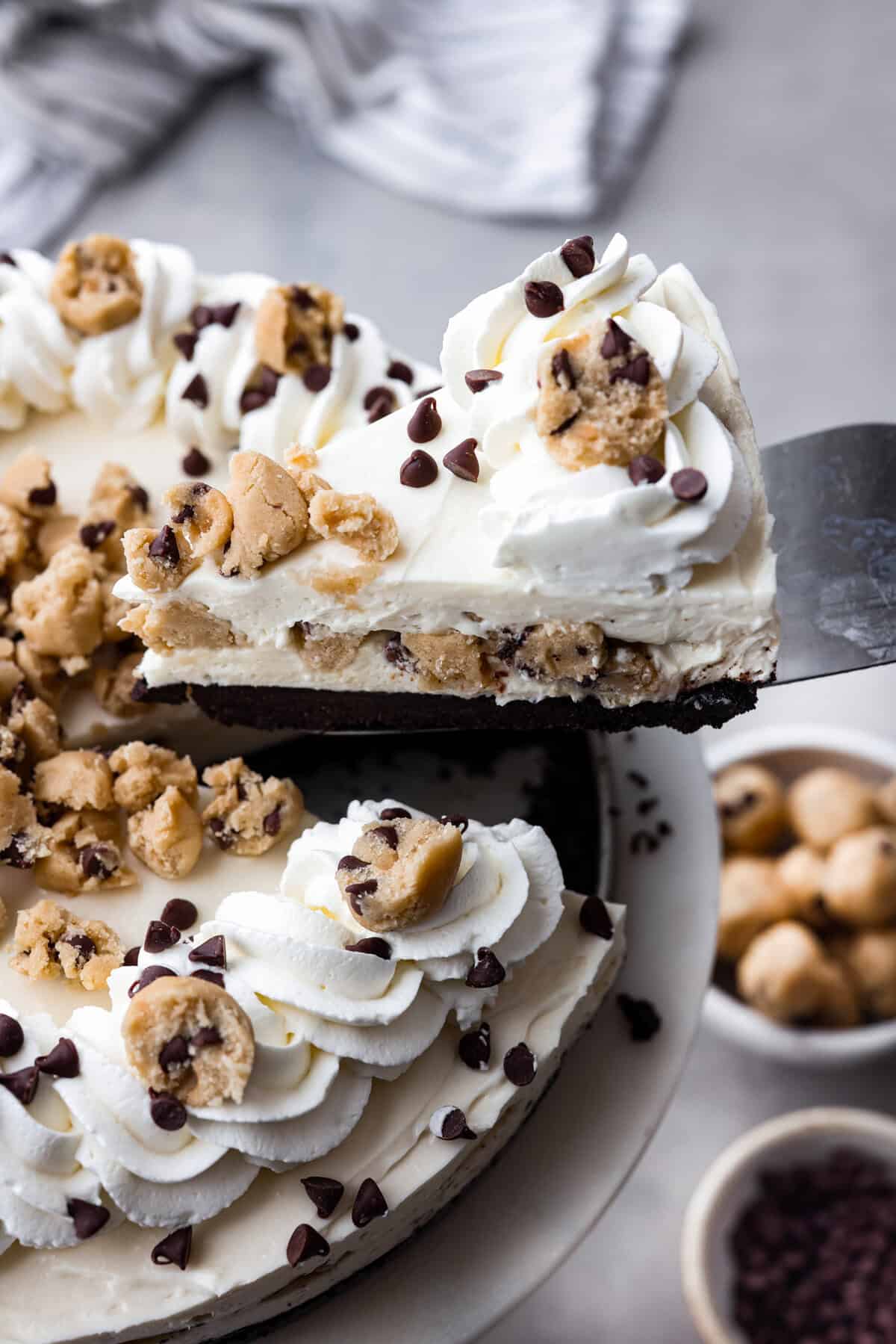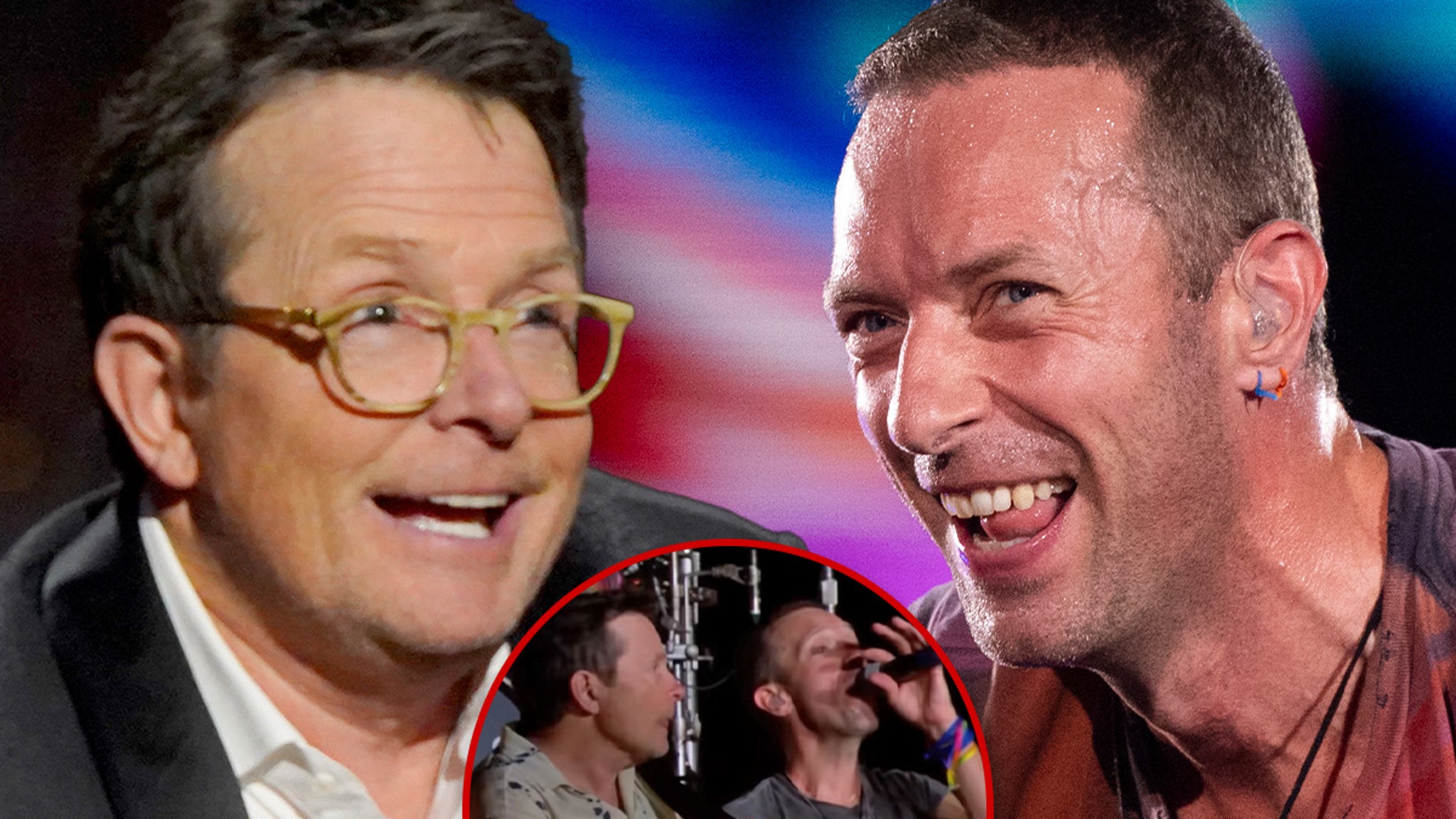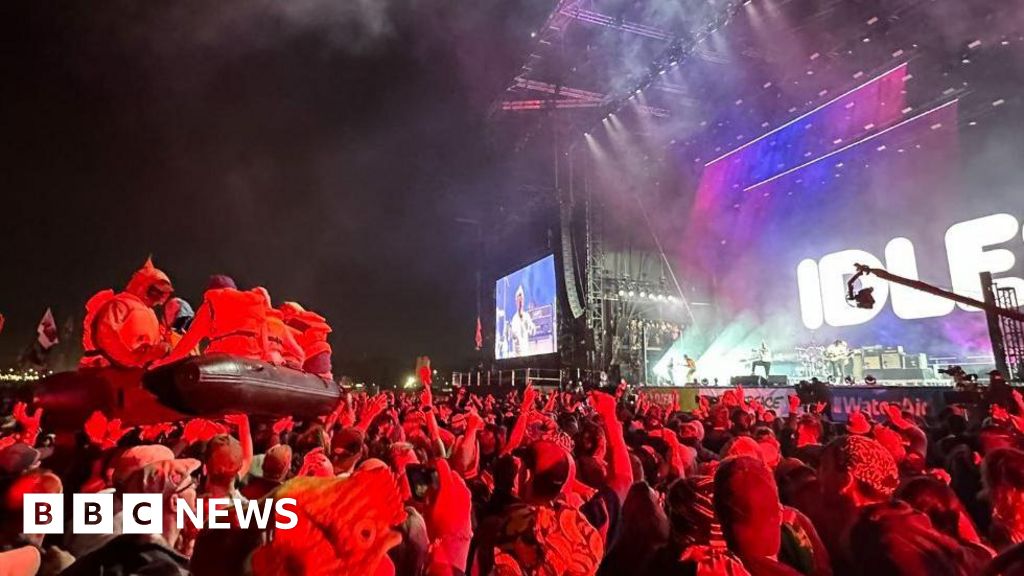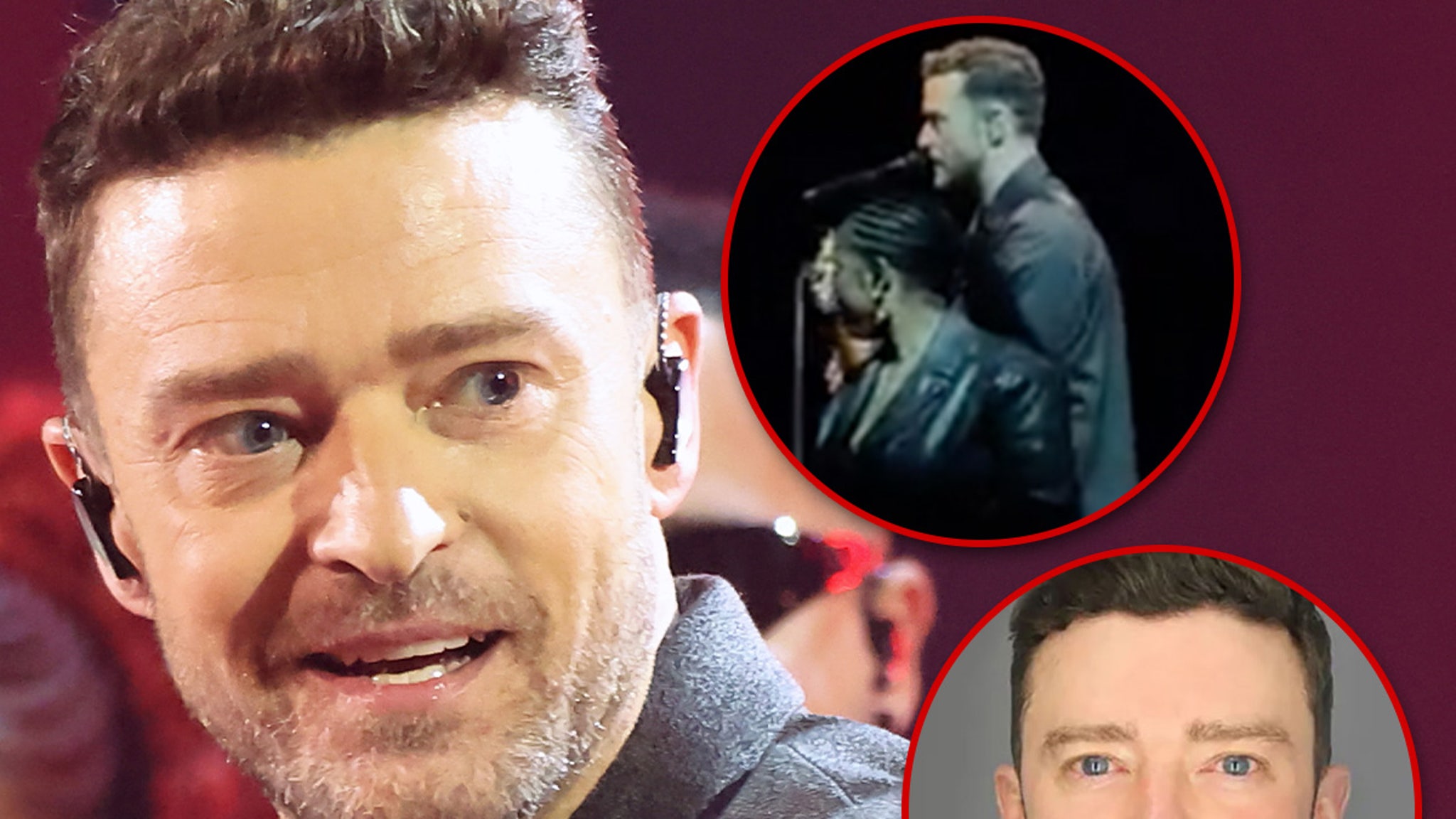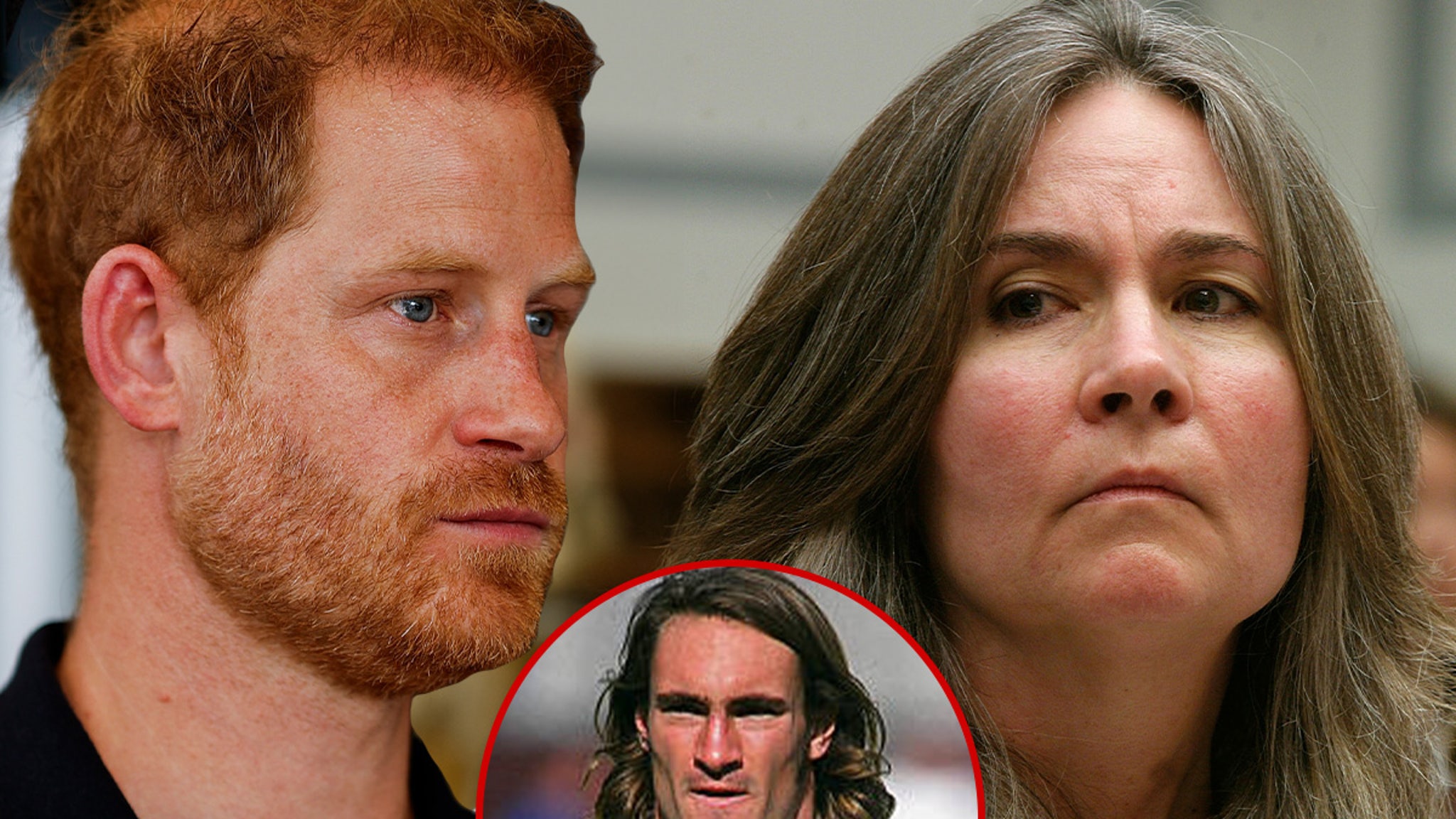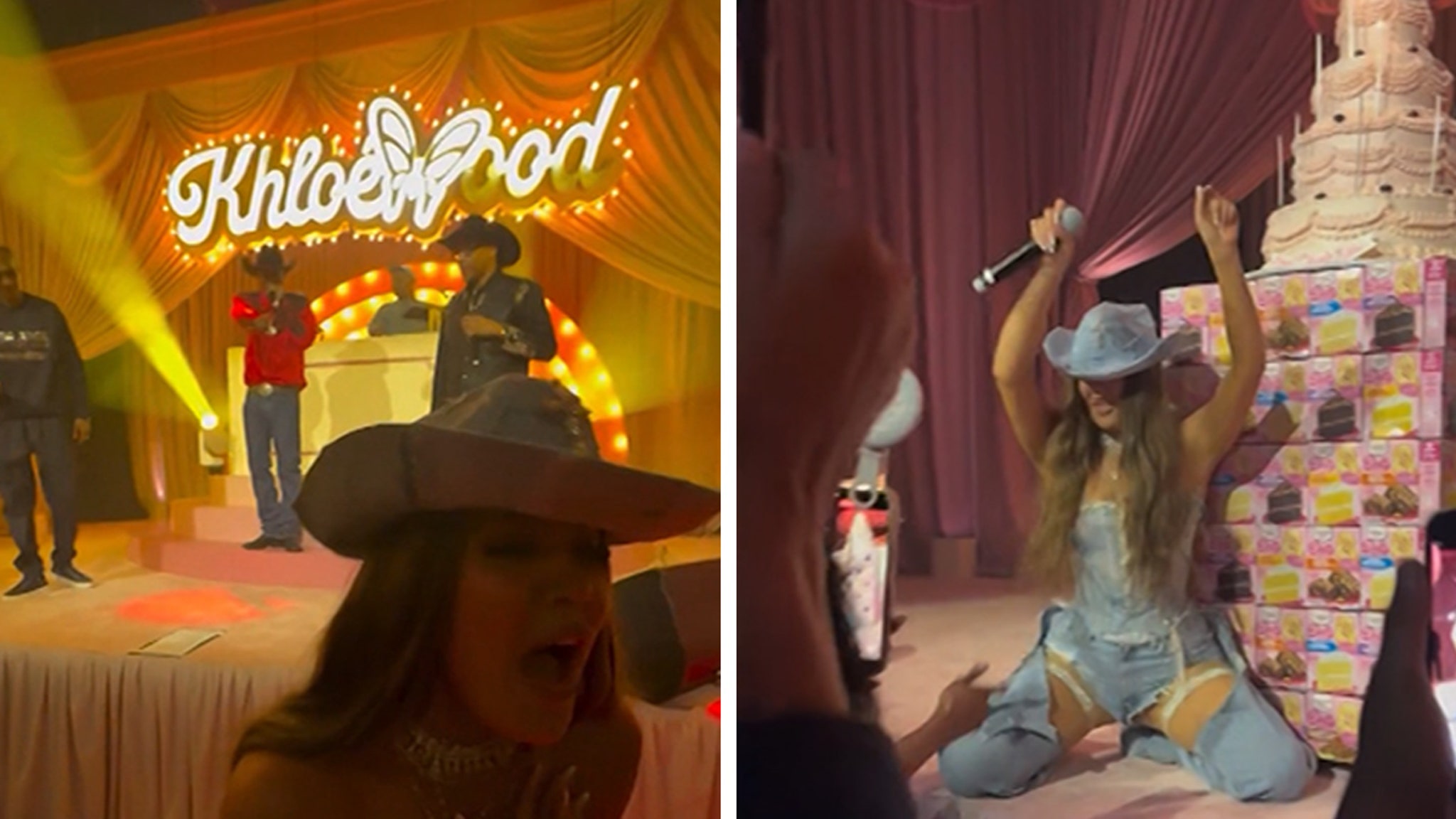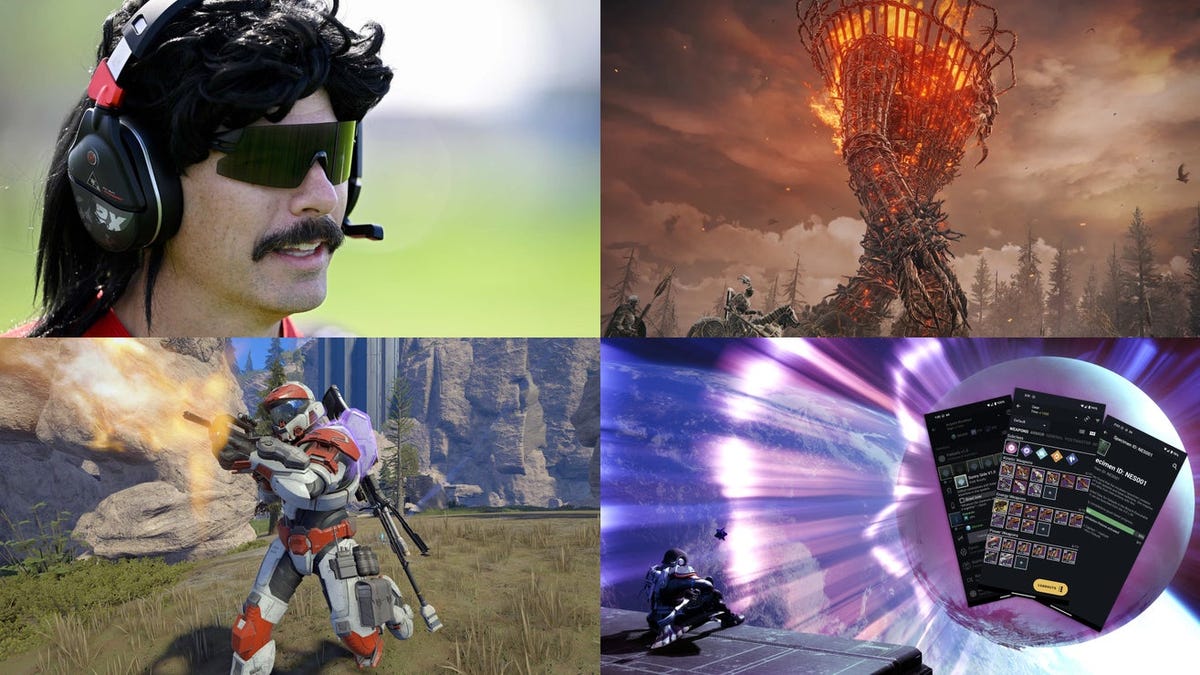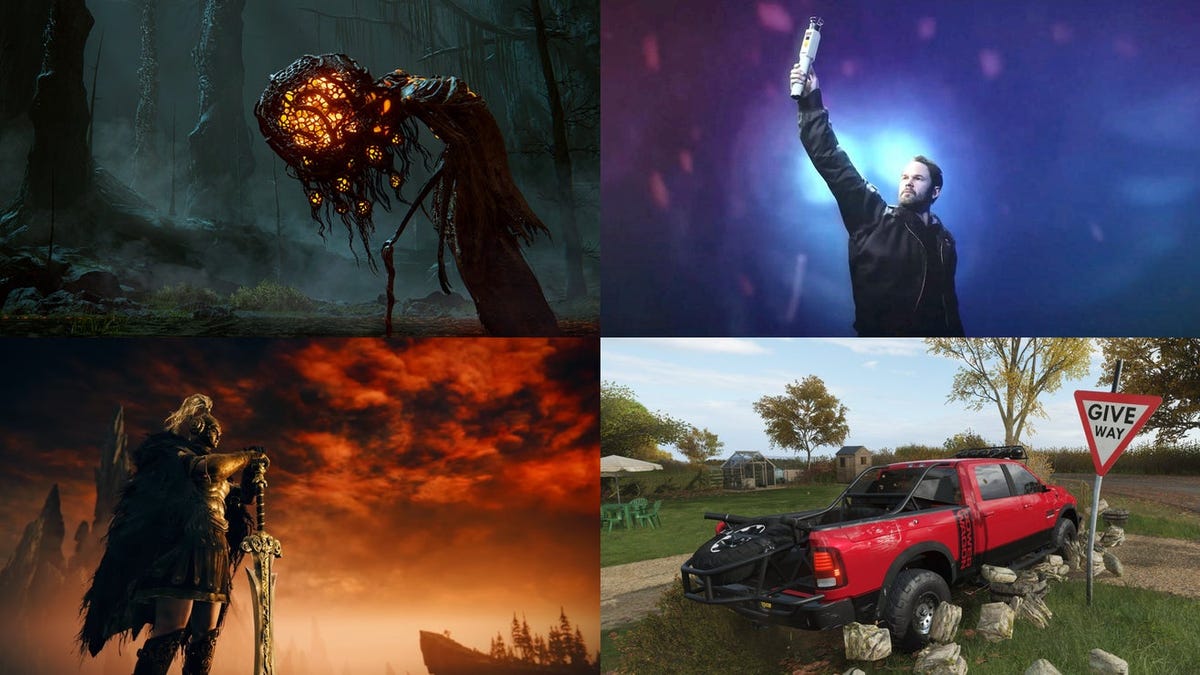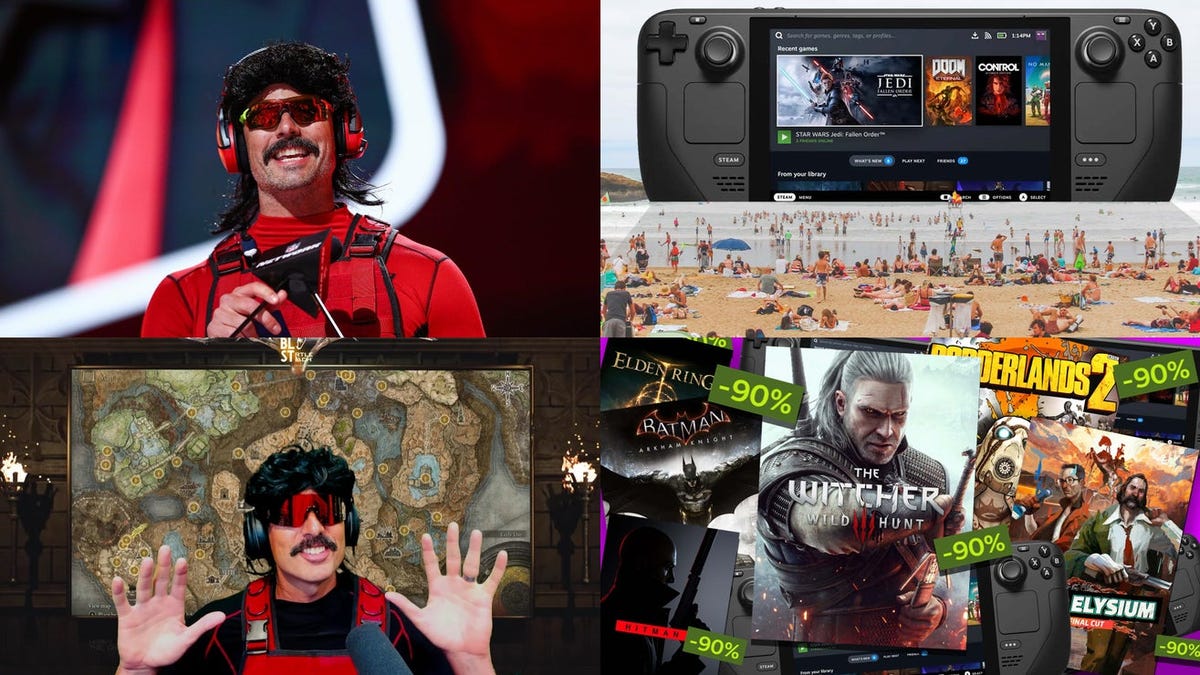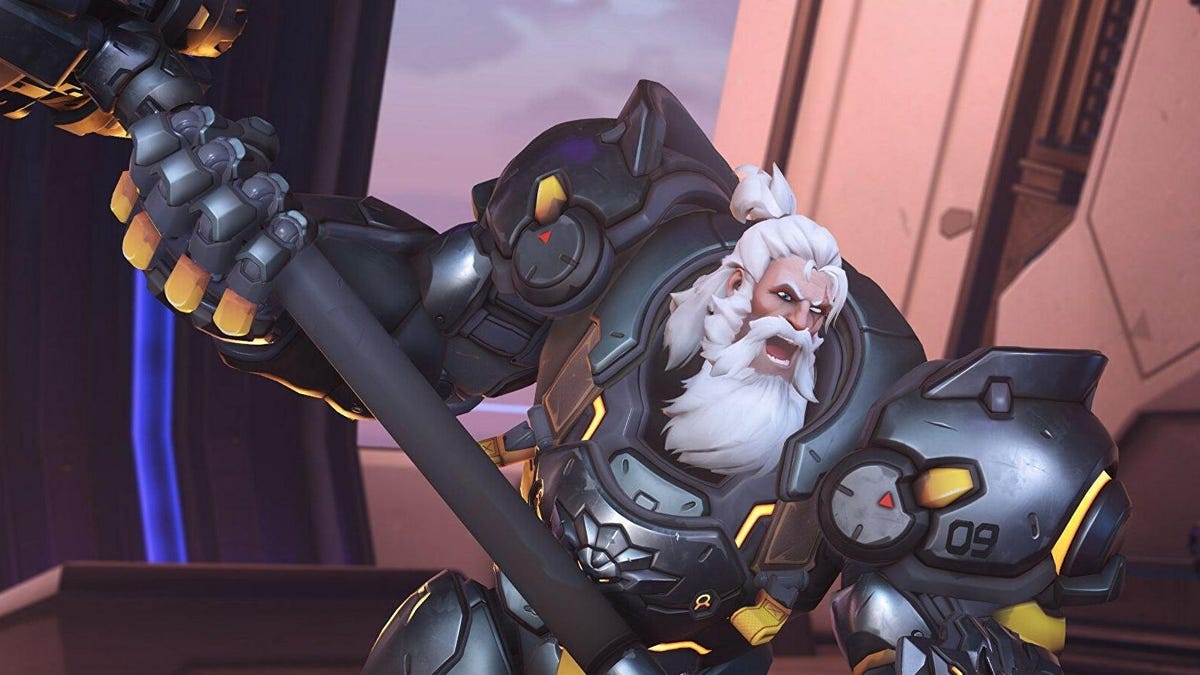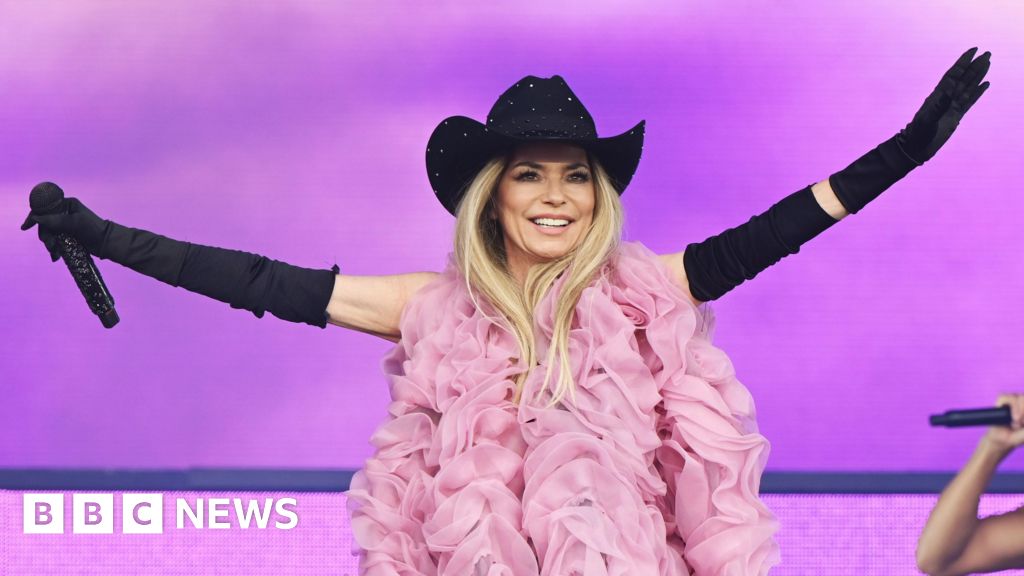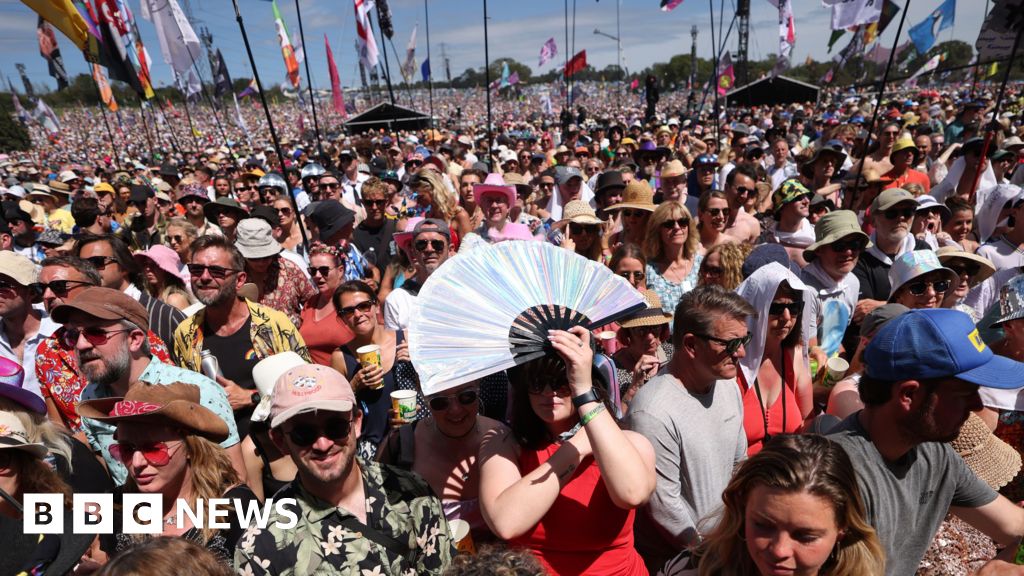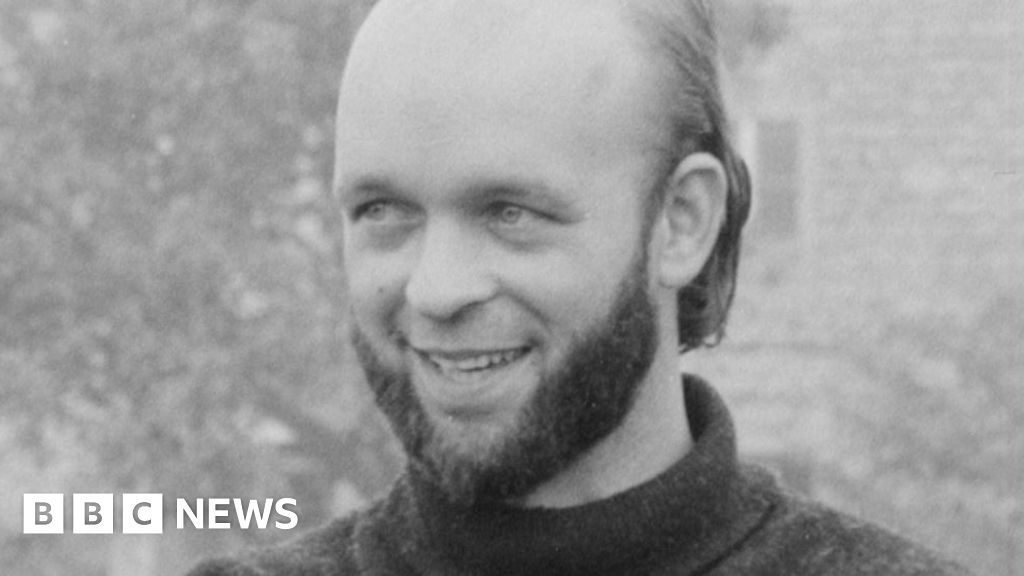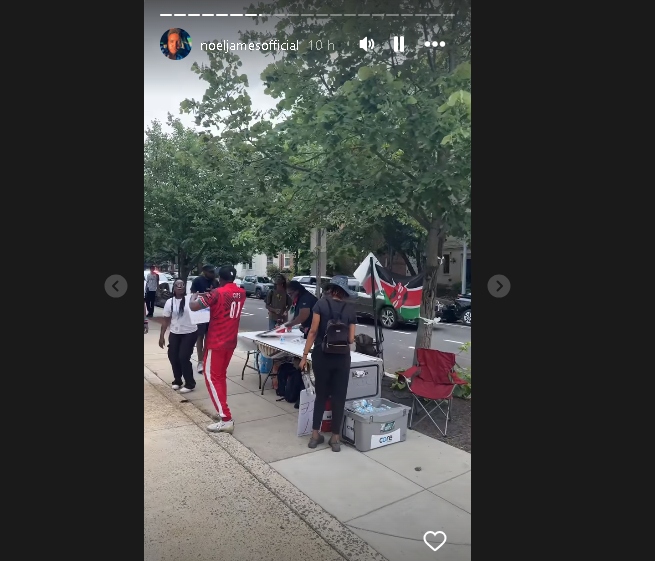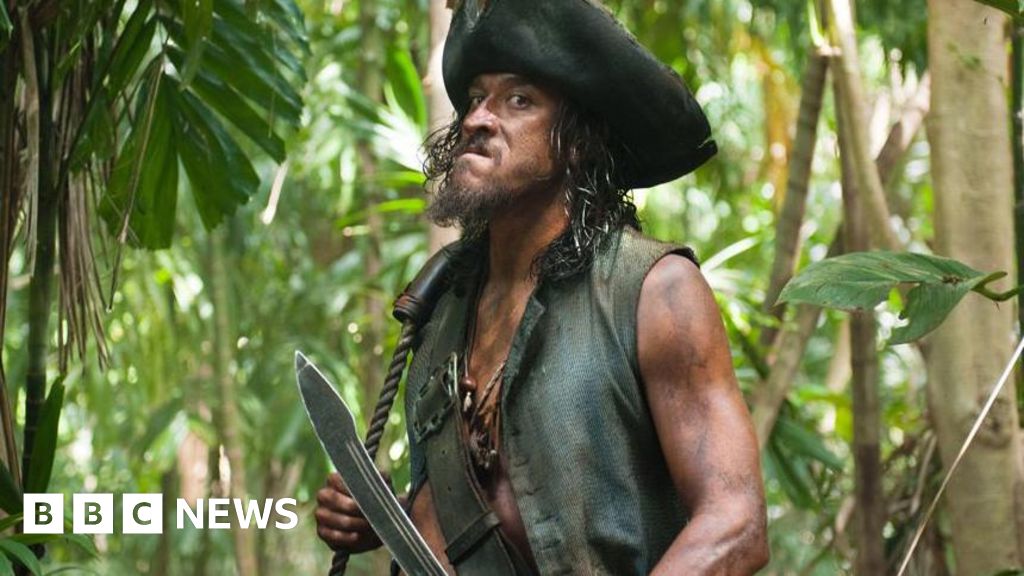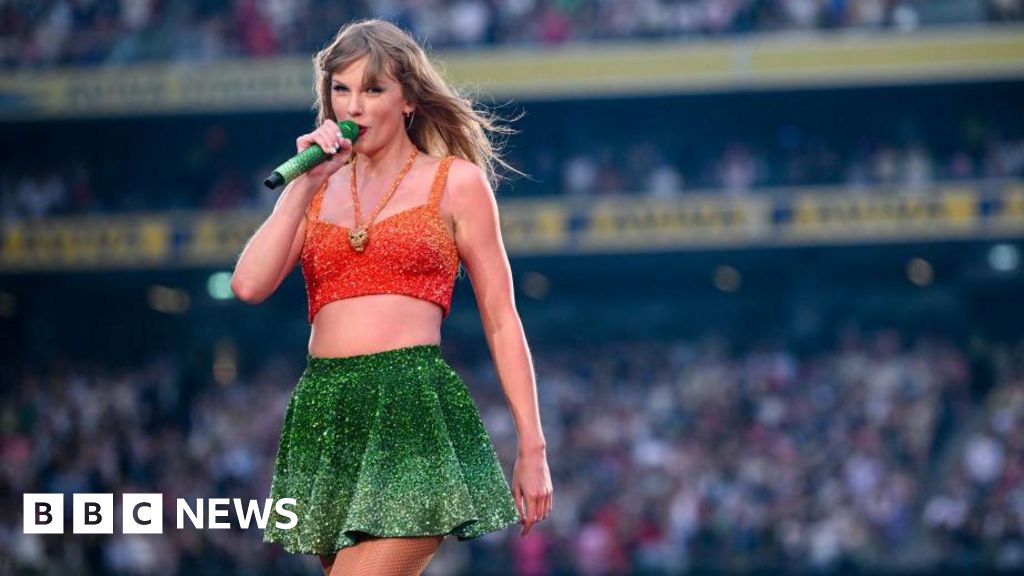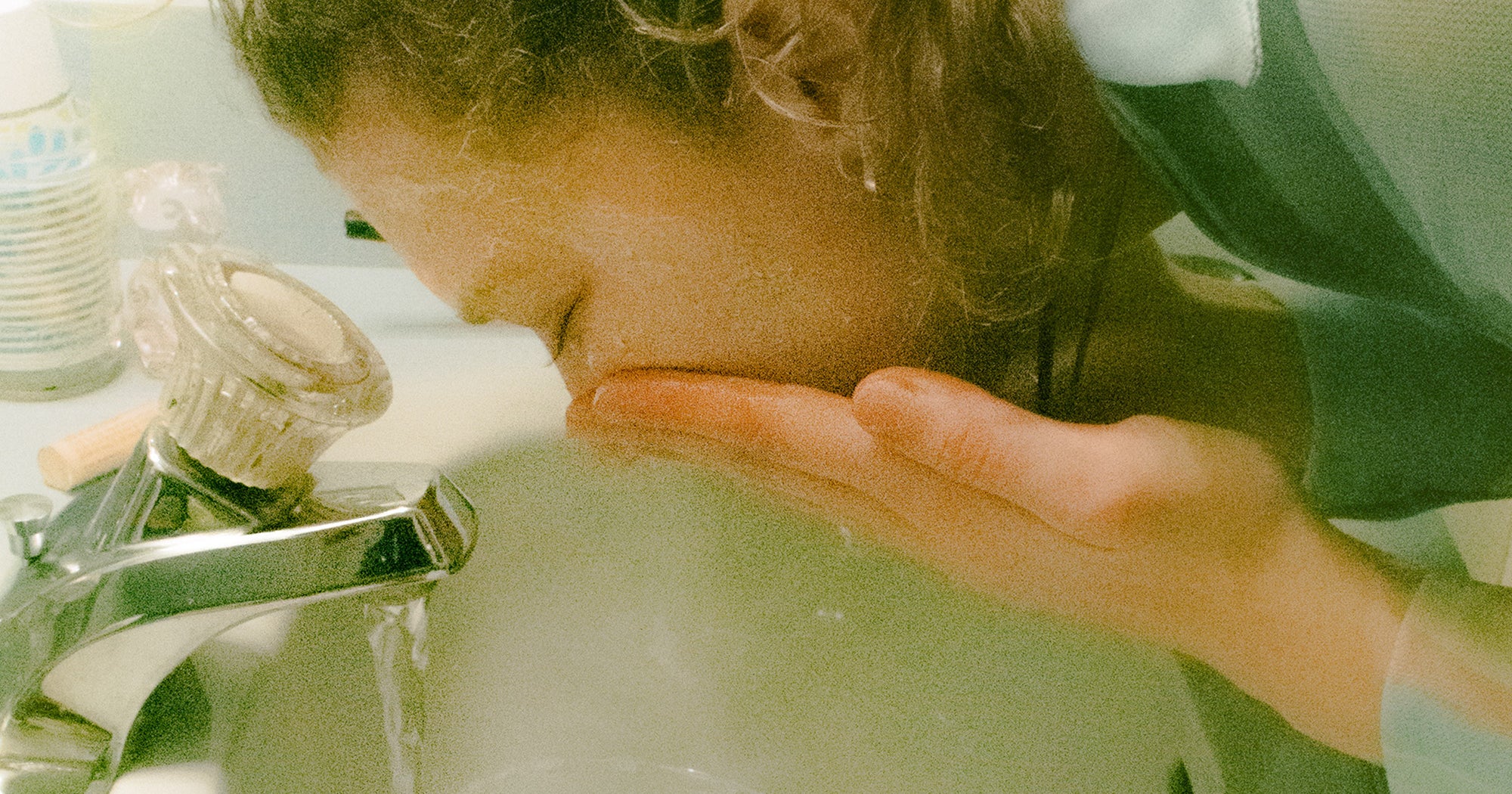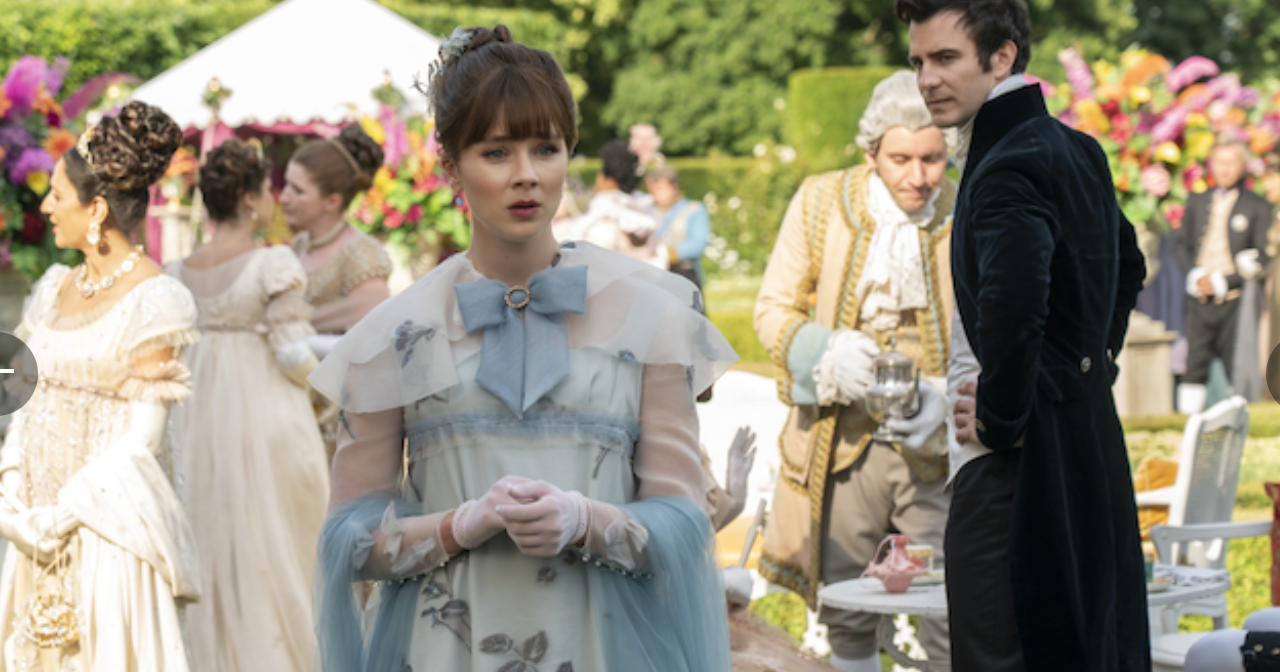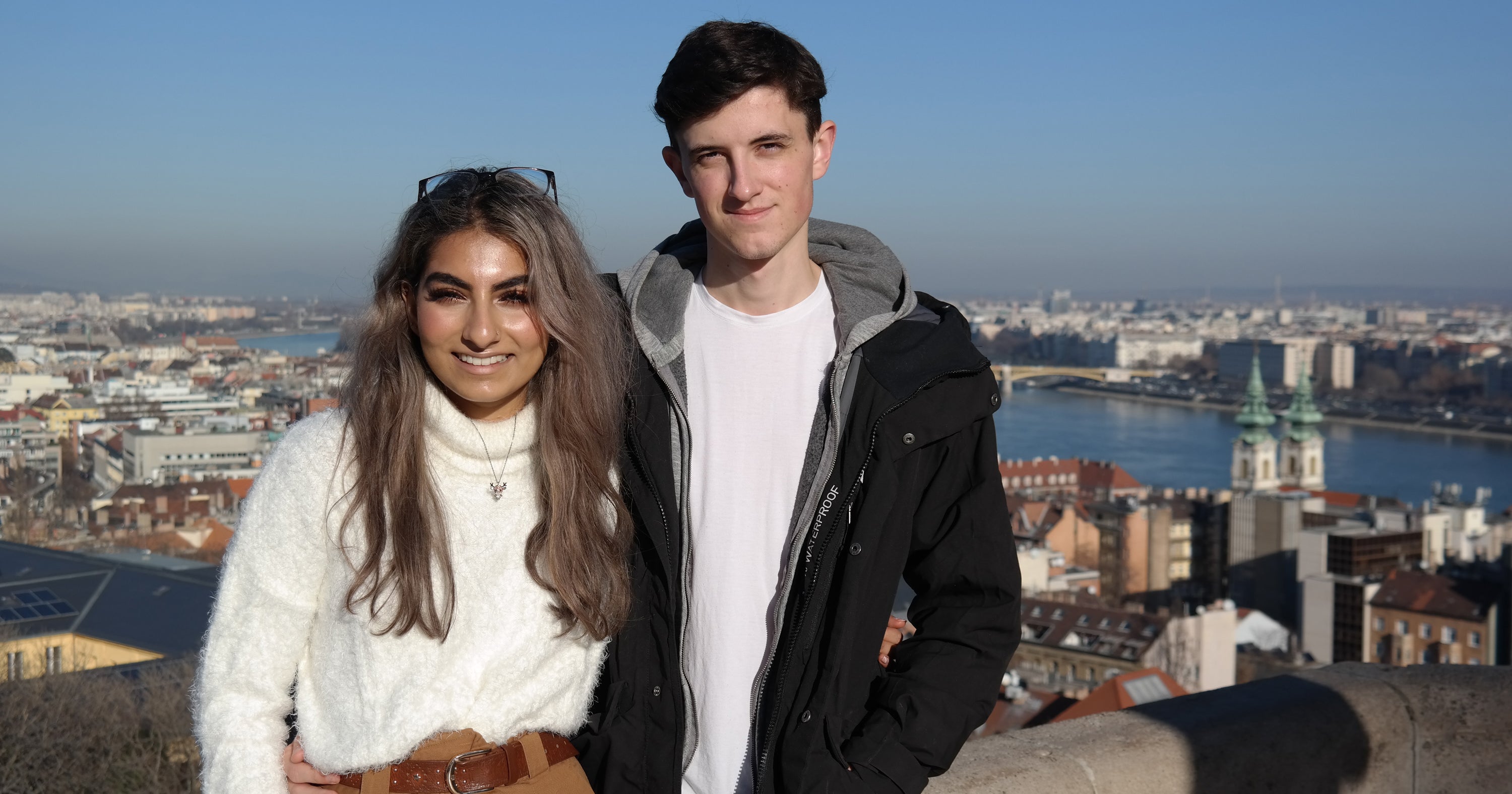“It’s So Much A Part Of Me & The Story That I Wanted To Tell.” Devery Jacobs On Their Role In Backspot
Trigger warning: This story mentions suicide. If there’s one trait that actor Devery Jacobs shares with the queer, Indigenous cheerleader they play in the new movie Backspot, it’s their determination and commitment. It’s not just that our video call takes place at 7 a.m. on a Monday and that they show up alert and enthusiastic to spend the next hour talking to me. Nor is it that Backspot, which is set in the high-stress world of high school competitive cheerleading (and which Jacobs co-produced as well as stars in), was shot over just 17 days of demanding filming. It’s also that it took Jacobs and director D.W. Waterson over six years to bring it to life, determined to make exactly the movie they wanted without compromising. “It was important to me to be able to play a role that touched on my identity,” says Jacobs (whose pronouns are she/they). Best known for her critically acclaimed turn in Reservation Dogs, in Backspot, Jacobs takes on the role of a driven teenager who struggles to handle the pressure when she is promoted to an elite cheer squad that trains under a formidable coach played by Evan Rachel Wood. Cheerleading films are far from unique — Bring It On, Sugar & Spice, and more recently Netflix’s docuseries Cheer come to mind. But they often present a very narrow view of who stands on top of the pyramid (read: white). Jacobs recounts some of the ‘no’s they got — like the time an investor told them they liked the film but couldn’t put the money behind it because they “just didn’t understand why the protagonist was Indigenous.” Then, in 2021, Elliot Page came on board as an executive producer. The backing of Pageboy Productions made it easier to find funders who weren’t confused by the idea that Riley could be both a queer cheerleader and Mohawk. Jacobs, who was a provincial champion gymnast when growing up in Kahnawà:ke Mohawk Territory near Montreal, Canada, and now lives in Toronto, points out the absurdity of such thinking: “Nobody at any meets ever stopped me and was like, ‘but why are you Native though?’” The expectations Jacobs faces — for who they should be and what characters they should play — is something they’re still unpacking. “As an athlete, as a queer person, I don’t think anybody was looking at me and saying ‘queer cheerleader,’ but it’s so much a part of me and the story that I wanted to tell.” Backspot adds to Jacob’s repertoire of roles that challenge the narrow view of who Indigenous people are and what their lives look like. And breaking down those assumptions has been part of their work even before they started acting. “It’s a responsibility that I’m happy to take on because there is so little representation. […] So much of my work growing up was around education for Indigenous communities and Indigenous rights, so it’s something that’s inherently a part of me.” Prior to Backspot, Jacobs worked on fantasy drama series American Gods (based on the Neil Gaiman novel of the same name) and, most recently, in the acclaimed Taika Waititi-co-created series Reservation Dogs, which ran for three seasons. Jacobs joined the Reservation Dogs writers’ room in season two and also directed an episode on season three. Rae, the short they wrote and directed as well as starred in, won best youth work at the imagineNATIVE Film and Media Arts Festival in 2017. With their impressive list of credits, it’s no surprise that earlier this year Jacobs was named a co-winner, alongside Lamar Johnson, of the Radius Award at the Canadian Screen Awards, which honours people whose work is making waves globally. Having started out acting in 2007, Jacobs was still a student at John Abbott College in Québec when they landed their first lead role in Rhymes for Young Ghouls in 2013. They had recurring roles in horror drama The Order and sitcom Rutherford Falls, and starred in The Sun at Midnight and This Place. Jacobs has also played two different characters in the Marvel Cinematic Universe, voicing Mohawk superhero Kahhori in What If…? and playing Bonnie in Disney+ miniseries Echo. Backspot, which premiered at the Toronto International Film Festival last year, aims to capture what it’s like to be a queer teenager today (albeit, as Jacobs acknowledges, without exploring the legislation currently targeting queer and trans athletes). The film follows Jacobs as Riley as she navigates her anxiety, perfectionism and growing need to impress her demanding, even sadistic, cheerleading coach, Eileen. So often romantic relationships are really highlighted in films about queerness, but we are not only in romantic relationships.Devery Jacobs It was important for both Jacobs and Waterson that conflict in Backspot didn’t come from the characters’ queerness. Riley is already out at the start of the film, and her coming of age story has nothing to do with her sexuality. Instead, the film explores the platonic relationship between Riley and her queer coach. “So often romantic relationships
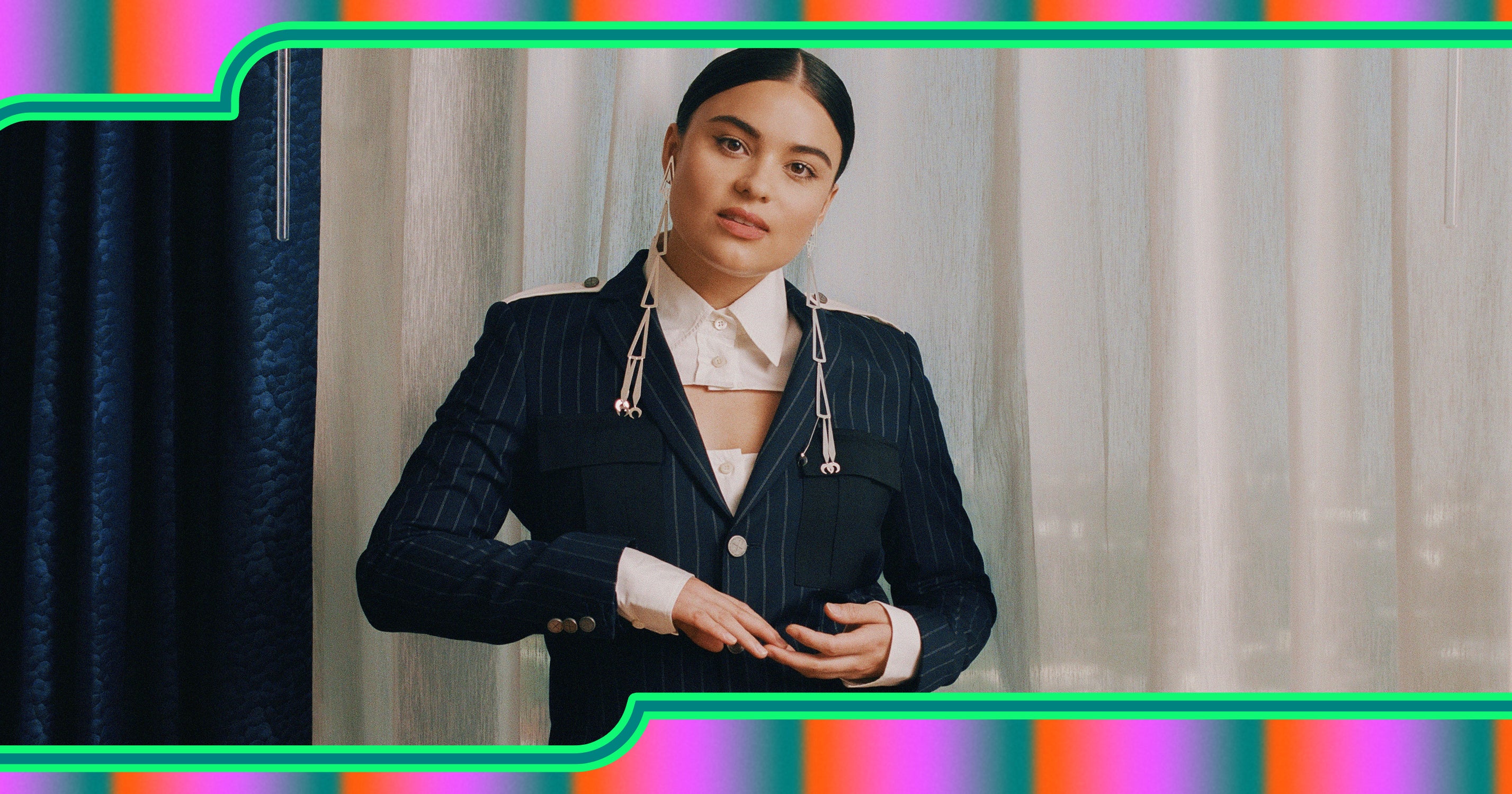
Trigger warning: This story mentions suicide.
If there’s one trait that actor Devery Jacobs shares with the queer, Indigenous cheerleader they play in the new movie Backspot, it’s their determination and commitment. It’s not just that our video call takes place at 7 a.m. on a Monday and that they show up alert and enthusiastic to spend the next hour talking to me. Nor is it that Backspot, which is set in the high-stress world of high school competitive cheerleading (and which Jacobs co-produced as well as stars in), was shot over just 17 days of demanding filming. It’s also that it took Jacobs and director D.W. Waterson over six years to bring it to life, determined to make exactly the movie they wanted without compromising.
“It was important to me to be able to play a role that touched on my identity,” says Jacobs (whose pronouns are she/they). Best known for her critically acclaimed turn in Reservation Dogs, in Backspot, Jacobs takes on the role of a driven teenager who struggles to handle the pressure when she is promoted to an elite cheer squad that trains under a formidable coach played by Evan Rachel Wood.
Cheerleading films are far from unique — Bring It On, Sugar & Spice, and more recently Netflix’s docuseries Cheer come to mind. But they often present a very narrow view of who stands on top of the pyramid (read: white). Jacobs recounts some of the ‘no’s they got — like the time an investor told them they liked the film but couldn’t put the money behind it because they “just didn’t understand why the protagonist was Indigenous.”
Then, in 2021, Elliot Page came on board as an executive producer. The backing of Pageboy Productions made it easier to find funders who weren’t confused by the idea that Riley could be both a queer cheerleader and Mohawk. Jacobs, who was a provincial champion gymnast when growing up in Kahnawà:ke Mohawk Territory near Montreal, Canada, and now lives in Toronto, points out the absurdity of such thinking: “Nobody at any meets ever stopped me and was like, ‘but why are you Native though?’”
The expectations Jacobs faces — for who they should be and what characters they should play — is something they’re still unpacking. “As an athlete, as a queer person, I don’t think anybody was looking at me and saying ‘queer cheerleader,’ but it’s so much a part of me and the story that I wanted to tell.”
Backspot adds to Jacob’s repertoire of roles that challenge the narrow view of who Indigenous people are and what their lives look like. And breaking down those assumptions has been part of their work even before they started acting. “It’s a responsibility that I’m happy to take on because there is so little representation. […] So much of my work growing up was around education for Indigenous communities and Indigenous rights, so it’s something that’s inherently a part of me.”
Prior to Backspot, Jacobs worked on fantasy drama series American Gods (based on the Neil Gaiman novel of the same name) and, most recently, in the acclaimed Taika Waititi-co-created series Reservation Dogs, which ran for three seasons. Jacobs joined the Reservation Dogs writers’ room in season two and also directed an episode on season three. Rae, the short they wrote and directed as well as starred in, won best youth work at the imagineNATIVE Film and Media Arts Festival in 2017.

With their impressive list of credits, it’s no surprise that earlier this year Jacobs was named a co-winner, alongside Lamar Johnson, of the Radius Award at the Canadian Screen Awards, which honours people whose work is making waves globally.
Having started out acting in 2007, Jacobs was still a student at John Abbott College in Québec when they landed their first lead role in Rhymes for Young Ghouls in 2013. They had recurring roles in horror drama The Order and sitcom Rutherford Falls, and starred in The Sun at Midnight and This Place. Jacobs has also played two different characters in the Marvel Cinematic Universe, voicing Mohawk superhero Kahhori in What If…? and playing Bonnie in Disney+ miniseries Echo.
Backspot, which premiered at the Toronto International Film Festival last year, aims to capture what it’s like to be a queer teenager today (albeit, as Jacobs acknowledges, without exploring the legislation currently targeting queer and trans athletes). The film follows Jacobs as Riley as she navigates her anxiety, perfectionism and growing need to impress her demanding, even sadistic, cheerleading coach, Eileen.
So often romantic relationships are really highlighted in films about queerness, but we are not only in romantic relationships.Devery Jacobs
It was important for both Jacobs and Waterson that conflict in Backspot didn’t come from the characters’ queerness. Riley is already out at the start of the film, and her coming of age story has nothing to do with her sexuality. Instead, the film explores the platonic relationship between Riley and her queer coach. “So often romantic relationships are really highlighted in films about queerness, but we are not only in romantic relationships,” Jacobs explains. “We are in the queer community […] and in Backspot, we wanted to unpack what that mentor-mentee, coach and athlete relationship might look like, specifically for queer femmes.”
Elliot Page, speaking to Refinery29 via email, agrees that creating the space to explore different kinds of relationships in the queer community is important “because that is life, our lives, our community. Queer friendships help one thrive by offering hope, reflection, possibility, love and family. It is a delight to see it on screen.”
“There are so few queer, Native characters who are not undergoing mass trauma in media,” says Jacobs. “The fact that we get to highlight an Indigenous queer character that isn’t dealing with those things is — for me — a celebration in and of itself.”
Jacobs has helped to portray these themes in previous projects, like exploring the prominence of suicide in Indigenous communities in Reservation Dogs. (They point to a report from The Trevor Project that found Indigenous LGBTQ+ young people face significantly higher suicide risk than their non-Indigenous peers.) However, they’re excited that Backspot centres queer joy — just like they bring behind the scenes. “Devery is kind, present, brilliant and hilarious. It has been such a joy getting to know her,” Page says. He agrees Jacobs certainly shares certain traits with the character they play in the film: “In terms of Riley and Devery, they are both deeply committed and are both such hard workers. Devery possesses an inner knowing and self-assuredness that Riley has not yet reached.”
Jacobs’ self-assuredness has come, at least in part, from surrounding themselves with a community of people who are Indigiqueer and/or Two-Spirit. (Two-Spirit is an umbrella term of Indigenous gender diverse identities.) Jacobs describes themselves as an introvert, and has a tight-knit group of friends. “Queer community feels like support, like a safety net,” they say. “It looks like being surrounded by people who are looking within themselves and being utterly honest with who they are, with each other, with how they view the world.”
Playing Two-Spirit character Sam Black Crow in STARZ’s American Gods prompted a number of questions about Jacobs’ own gender. Jacobs says their queer identity is “intrinsically entwined” with their Indigenous identity, but they’re still navigating their gender. “I’m still on my journey of figuring out how I identify and what makes the most sense for me, and it’s sometimes challenging to be a public figure and to do that in the public eye.”
However, Jacobs also feels a responsibility to be open about their queerness. They hope to be a mentor, the queer elder they never had when they were younger, to many queer and trans people in their life — and they already are. Elva Guerra, who starred alongside Jacobs in Reservation Dogs, says that they were a “beacon of hope for LGBTQ+ people on set.”
“They were always helping someone feel more confident in their skin. [Jacobs] told me many times I don’t need to conform to any ‘norms’ in the industry,” Guerra continues. “They always used my correct pronouns and corrected others. They made me feel like I was normal in a very heteronormative space.”
Backspot is the antithesis of a heteronormative space. As Riley, Jacobs adds to a long legacy of queer cheerleaders in film and TV — as does their on-screen girlfriend, Amanda, played by Kudakwashe Rutendo. Jacobs personally relates most to Megan (Natasha Lyonne) in the 1999 queer classic But I’m a Cheerleader, though they think Riley is more like Glee’s Santana Lopez (Naya Rivera) with her determination, ambition, and resolute love for her girlfriend. Yet Backspot also deliberately turns so many aspects of a more traditional cheerleading movie on its head. The high ponies, short skirts, and pompoms many of us associate with cheerleading are nowhere to be seen.
Nor are the cheerleaders sexualised; instead the film explores the gritty, grueling athleticism of the sport, with the cheerleaders pushing their bodies to the limit and beyond. Not that the deliberate subversion of the male gaze means that queer audiences won’t find parts of the Backspot sexy. “The thing that people are finding most hot, which is very telling,” Jacobs explains, “is just how mean Evan Rachel Wood’s character, Coach Eileen, is. Everyone’s like, ‘I want her to yell at me like that.’”
Jacobs shares that one of their favourite scenes in the film is when Riley doesn’t hide how hard she’s working to pull off the intense routine, despite having been berated by Coach Eileen earlier for not making it look effortless. “I love how Riley, in her final cheer performance, doesn’t smile,” Jacob says. “She makes it look just as challenging as the sport actually is.”
It’s another trait Jacobs shares with their character Riley. It’s not that they make talking about the film look demanding — despite how early it still is in their time zone — but they’re not afraid to show how much they care. Their dedication to showing up for younger generations of queer people is written across their face throughout our conversation. “Sometimes baby queers just need an elder queer to be like, […] ‘You’re gonna be okay.’” /* /////////////////////////////////////////////////////////////////////////////// */ /* EDIT - Do you need a video opener? Set to 'true' if animated video, if not set to 'false' */ var hasVideo = false; /* /////////////////////////////////////////////////////////////////////////////// */ /* Video loading image, Use image from first frame */ /* Hero, Desktop & Tablet use 8:3, 2000px x 750px squooshed mozJPG at 75% compression */ var desktopHeroImage = ""; /* Hero, Mobile use 720px 1:1,5:6,4:3, 1280px wide squooshed mozJPG at 75% compression */ var mobileHeroImage = ""; /* /////////////////////////////////////////////////////////////////////////////// */ /* Please add accessible alt text */ var desktopHeroAltText = ""; var mobileHeroAltText = ""; /* /////////////////////////////////////////////////////////////////////////////// */ /* EDIT - Desktop & Tablet wide video URL from JWPlayer, use min 1920px x 720px 8:3 wide asset, 6-10 second loop, no audio */ var desktopVideo = ""; /* /////////////////////////////////////////////////////////////////////////////// */ /* EDIT - Mobile video URL from JWPlayer, use 720px 1:1,5:6,4:3 squre/tall asset, 6-10 second loop, no audio */ var mobileVideo = ""; /* /////////////////////////////////////////////////////////////////////////////// */ /* EDIT: Build additional functions here. */ function initOther() { /* Call addtional functions */ } /* /////////////////////////////////////////////////////////////////////////////// */ /* DO NOT ALTER */ let isRightRail=!1;function setupRightRail(){let e=document.querySelectorAll(".r29-article")[0].classList.contains("right-rail-article");isRightRail=!0==e}function setupOpener(){if(!1==isRightRail){let e=document.querySelectorAll(".opener .full-width-opener");e[0].style.opacity=1,e[0].style.transition="all 0.3s ease-in-out",e[0].style.webkitTransition="all 0.3s ease-in-out",e=void 0}}function loadVideo(){var e=document.getElementById("tmp-video-hero-desktop"),t=document.getElementById("tmp-video-hero-mobile");window.innerWidth>960&&(e.src=desktopVideo,e.load()),window.innerWidth>767&&window.innerWidth<961&&(e.src=desktopVideo,e.load()),window.innerWidth<768&&(t.src=mobileVideo,t.load())}function setupVideo(){document.getElementsByClassName("full-width-opener")[0].setAttribute("id","tmp-content"),document.getElementById("tmp-content").innerHTML='
',loadVideo()}function setup(e){1==e&&setupVideo()}function ready(e){(document.attachEvent?"complete"===document.readyState:"loading"!==document.readyState)?e():document.addEventListener("DOMContentLoaded",e)}document.onmouseleave=function(){window.isReady=!1},window.addEventListener("resize",function(){window.isReady=!1}),window.isReady=void 0!==window.isReady&&window.isReady,ready(function(){var e=setInterval(function(){window.imagesLoaded&&(imagesLoaded("#tmp-load",{background:!0},function(){window.isReady=!1,clearInterval(e)}),clearInterval(e))},100);if(!1!==window.isReady)return;window.isReady=!0;let t=setTimeout(function(){clearTimeout(t),setup(hasVideo),setupRightRail(),setupOpener(),initOther()},200)});Like what you see? How about some more R29 goodness, right here?
The 12 The Best Lesbian Sex Toys, Per Queer Women
What's Your Reaction?










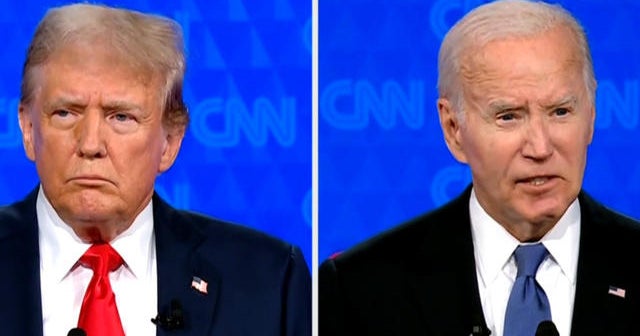

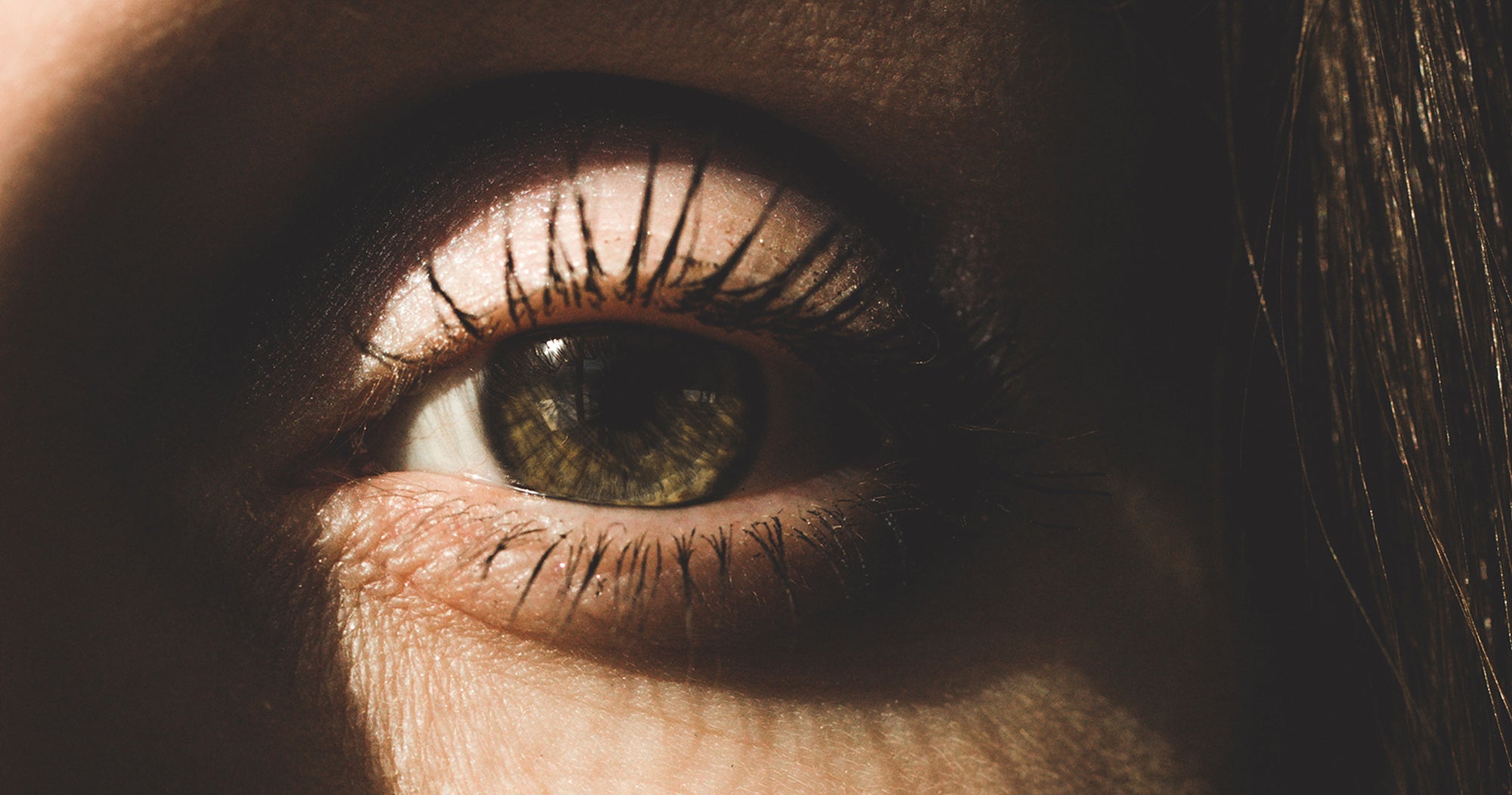
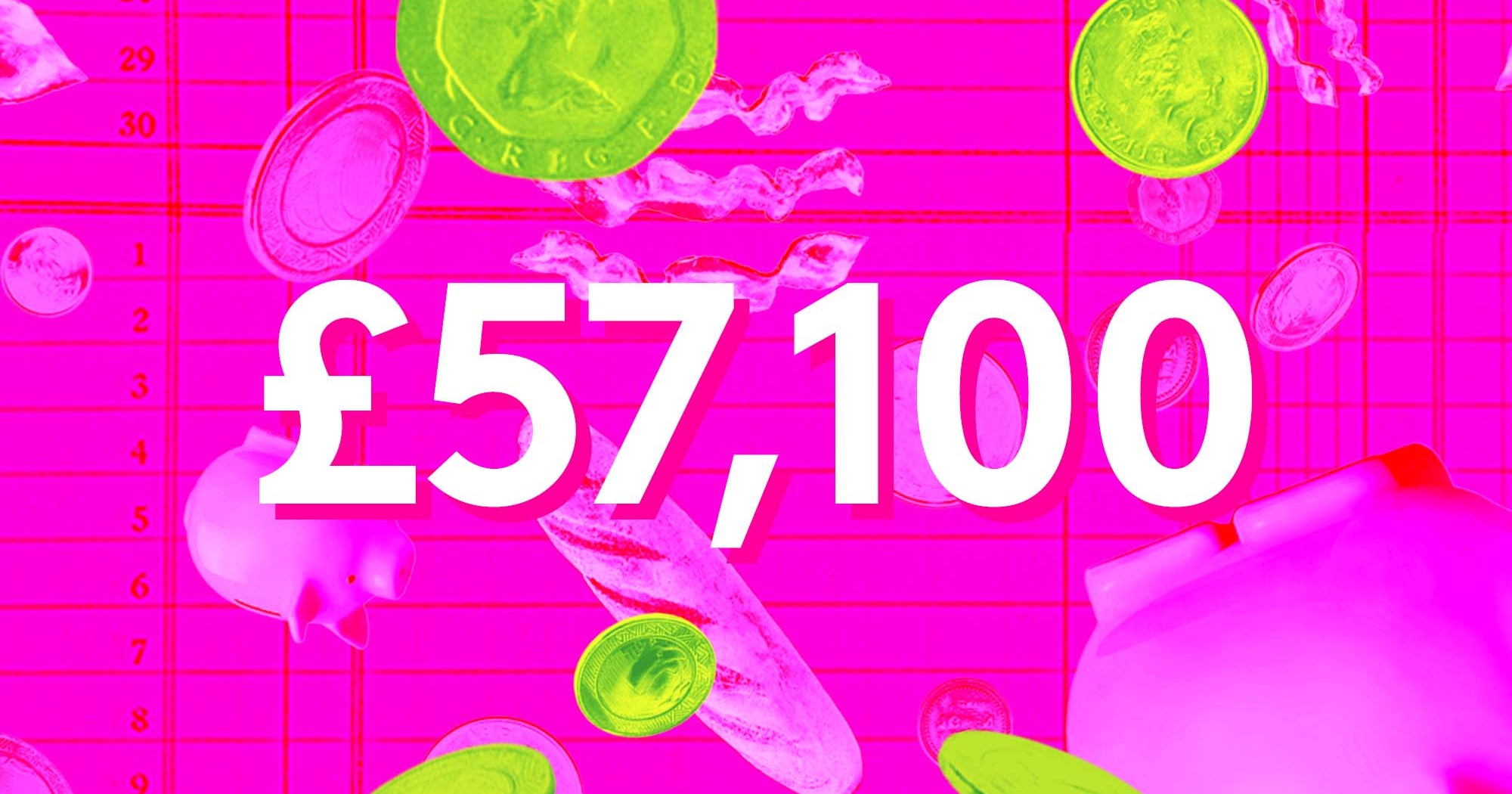





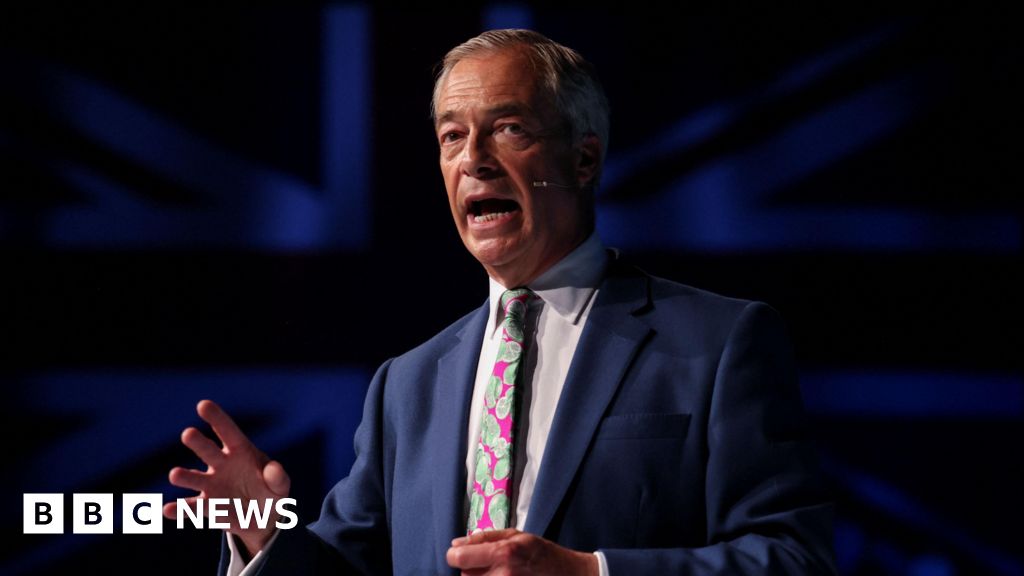
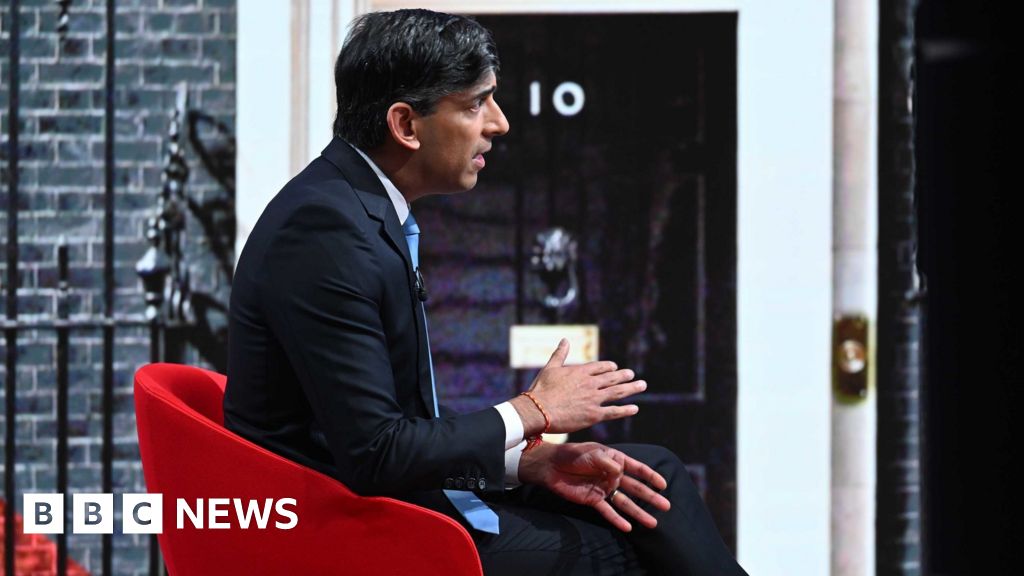
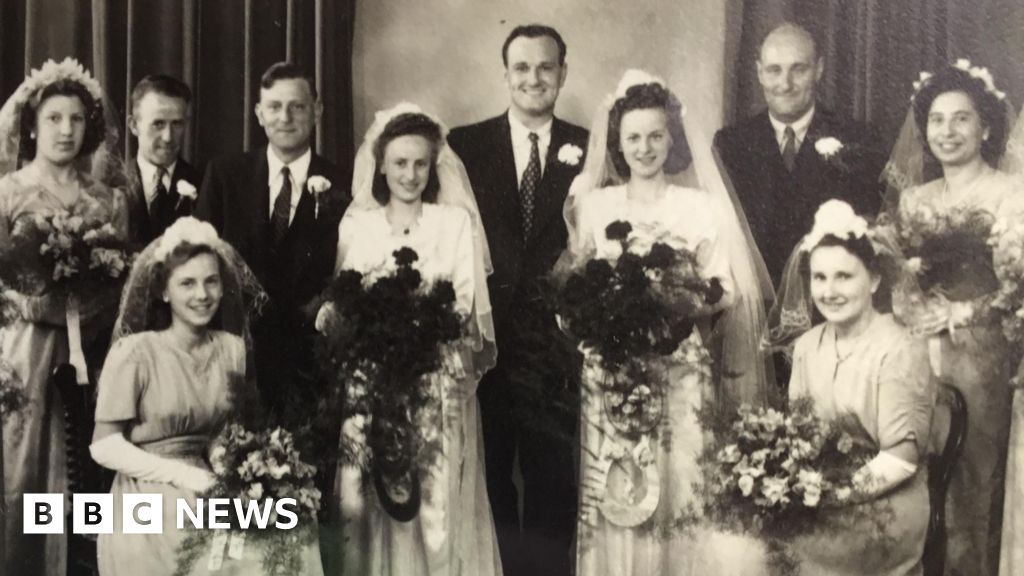
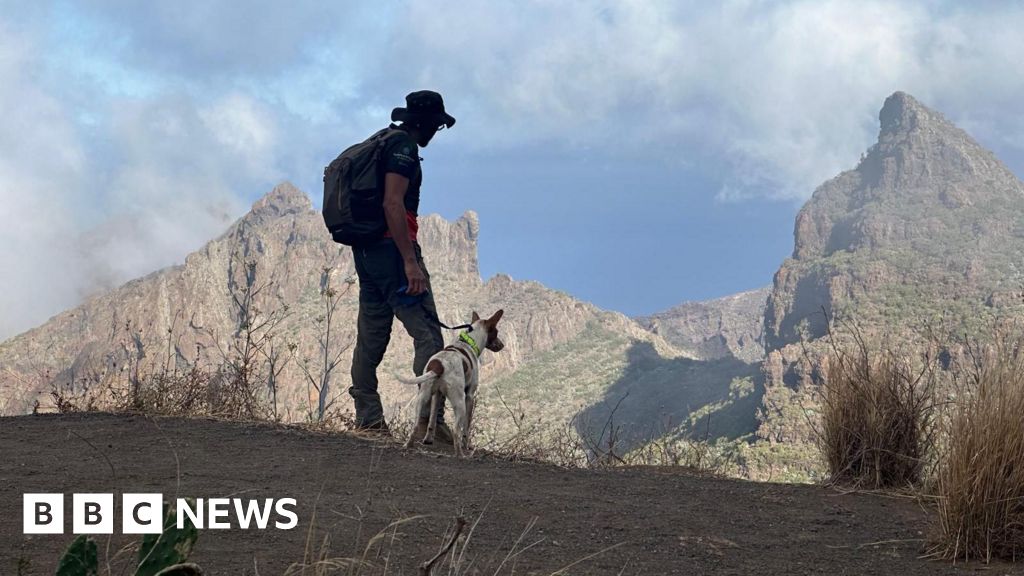




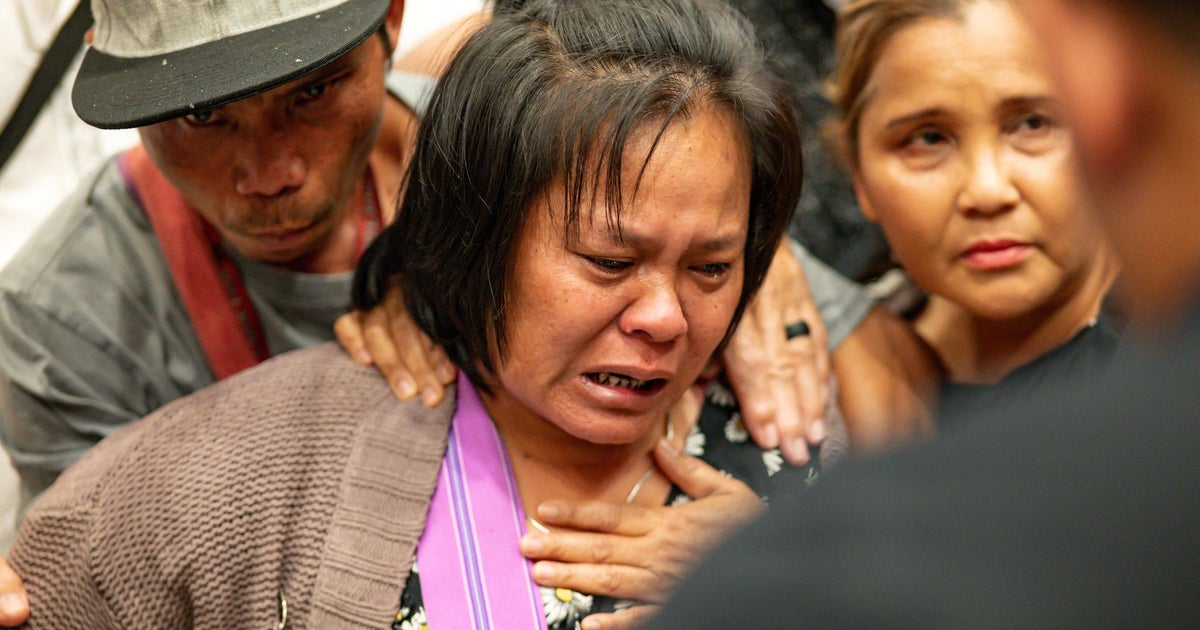
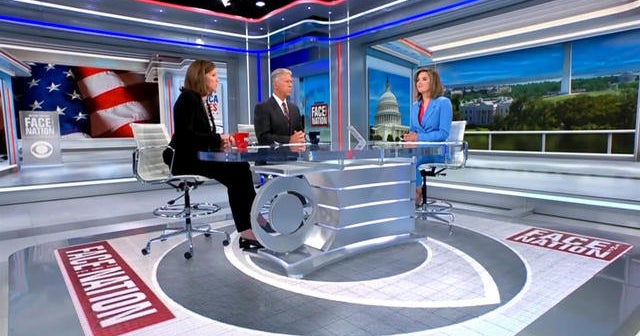
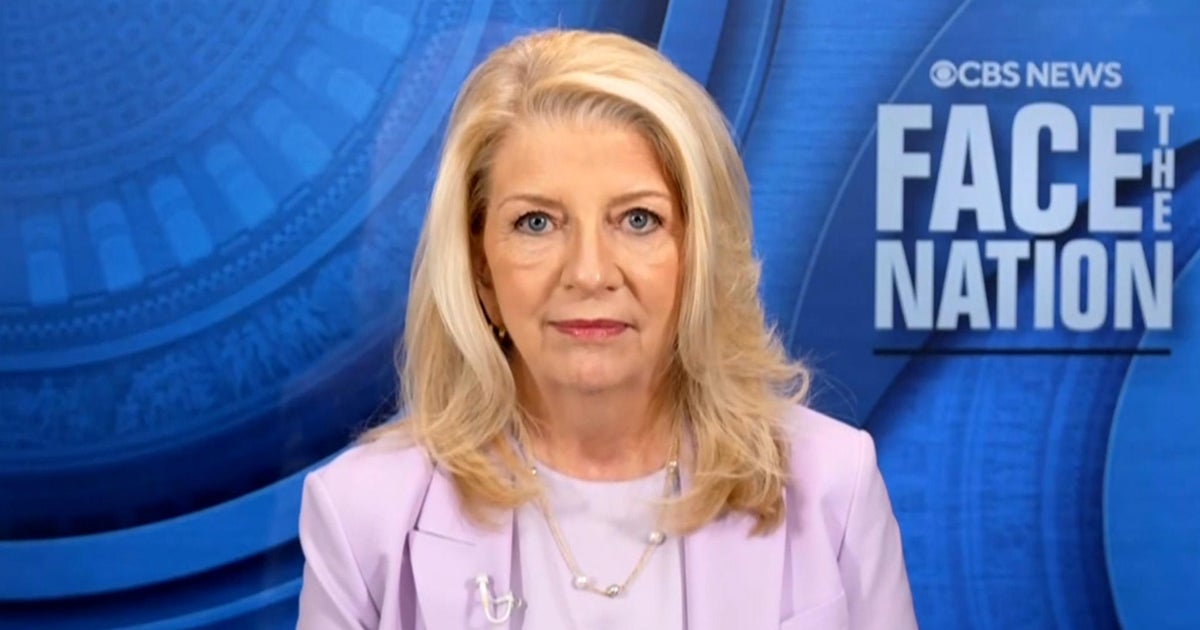


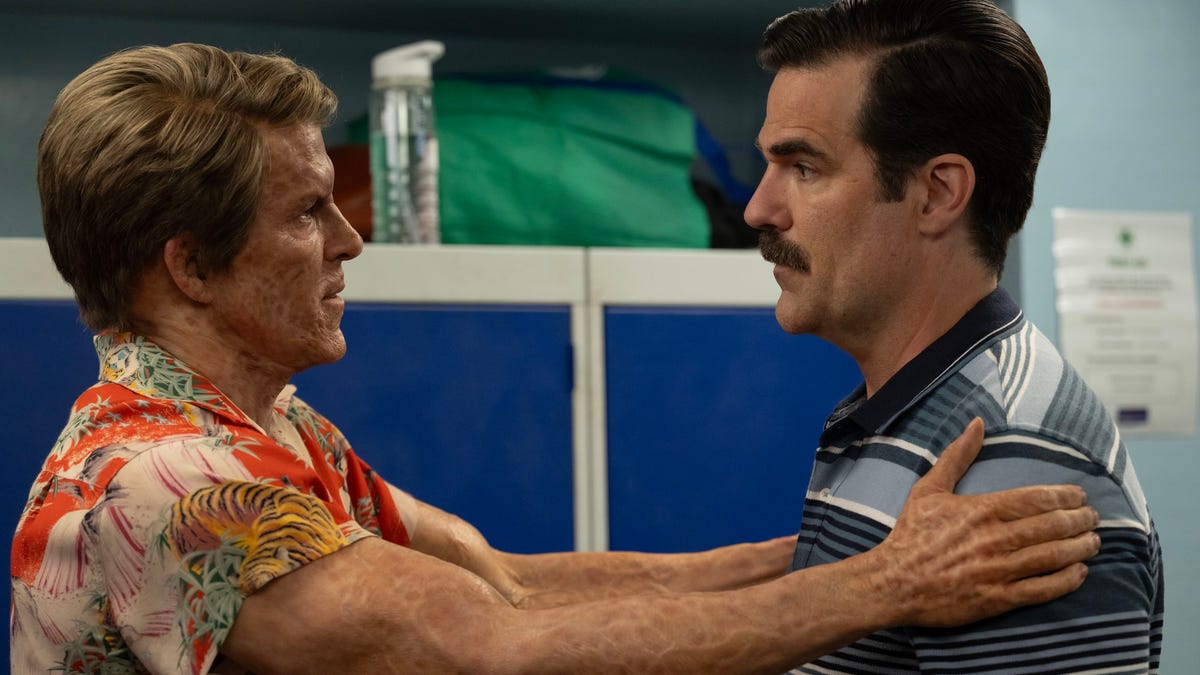


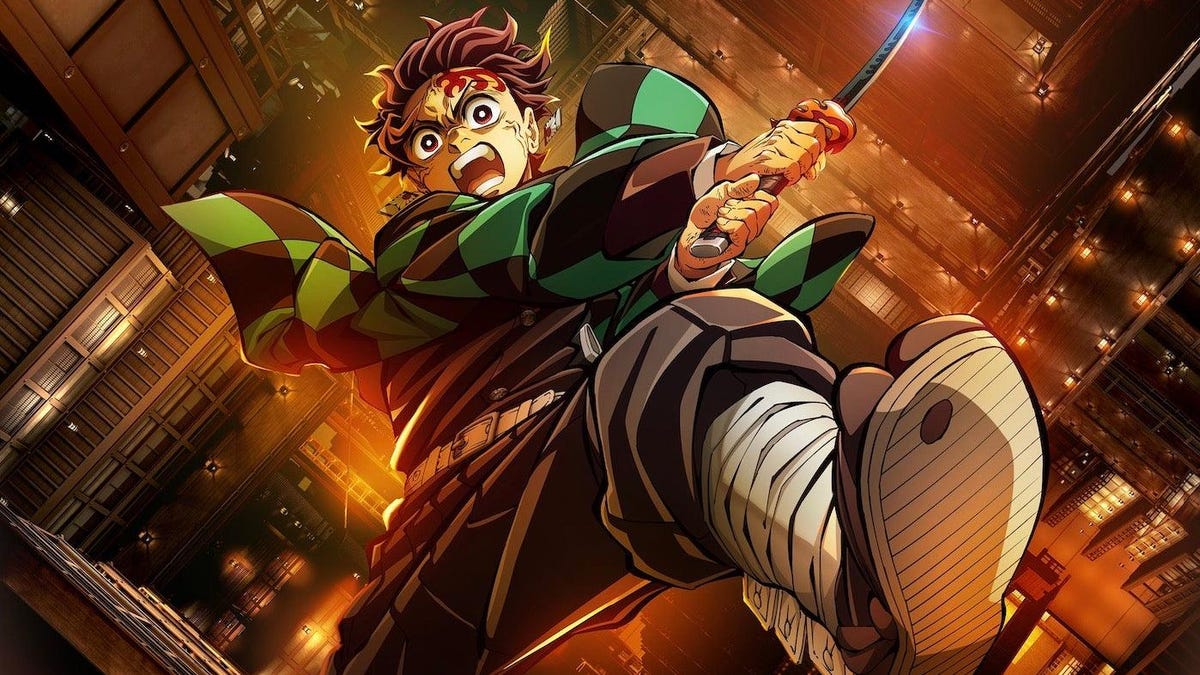
/cdn.vox-cdn.com/uploads/chorus_asset/file/24401977/STK071_ACastro_apple_0001.jpg)

